


JEWS OF COLOR IN EARLY AMERICA


Historian Laura Arnold Leibman spoke during BJE’s Passages series lectures
KLEZMER CONNECTION
Reader Esther Shapera made a musical connection via the Jewish News







Historian Laura Arnold Leibman spoke during BJE’s Passages series lectures
Reader Esther Shapera made a musical connection via the Jewish News

of living Holocaust survivors dwindles; determination to bear witness remains highSHANNON LEVITT | STAFF WRITER
Sheryl Bronkesh shudders whenever she is reminded that with each passing year, the local Holocaust survivors she works with, and has grown to love, get older and increasingly frail. Bronkesh, president of the Phoenix Holocaust Association (PHA), originally joined the organization for the sake of her parents, both of whom survived the Holocaust and are now deceased.
About 245,000 Holocaust survivors remain alive today, according to a January demographic report by the Conference on Jewish Material Claims Against Germany, an organization that has worked to ensure survivors are compensated for their suffering. The median age of survivors today is 86.
The Claims Conference negotiates aid for survivors with Germany annually, shares the basic information it collects publicly and offered a similar number of estimated survivors last year. But this latest report is the first to break down the population of Jewish survivors by country of birth and current country of residence, their age, gender, compensation and services received. It identified survivors in more than 90 countries: 49% reside in Israel, 18% in North America, another 18% in Western Europe and 12% in the former Soviet Union.
The youngest are on the cusp of 80 — the Holocaust ended in 1945 — and, in a reflection of geriatric gender disparities, 61% are women.
Those percentages mirror Arizona’s population of survivors, Bronkesh told Jewish News.
Adozen leaders representing state and federal government, federal and local law enforcement and the Greater Phoenix Jewish community delivered one overarching message to roughly 150 people at the Ina Levine Jewish Community Campus in Scottsdale this week: Creating connections and building community is key to fighting hate.
Panelist Leslie Ross, the section chief counsel at the Arizona Attorney General’s Office, emphasized the importance of a coordinated effort when she enjoined the audience to recognize that all the people at the front of the room “are working together to try to end discrimination, hate crimes and antisemitism in our communities.” Ross spoke as part of the Department of Justice’s “United Against Hate” program on Wednesday, Feb. 21.
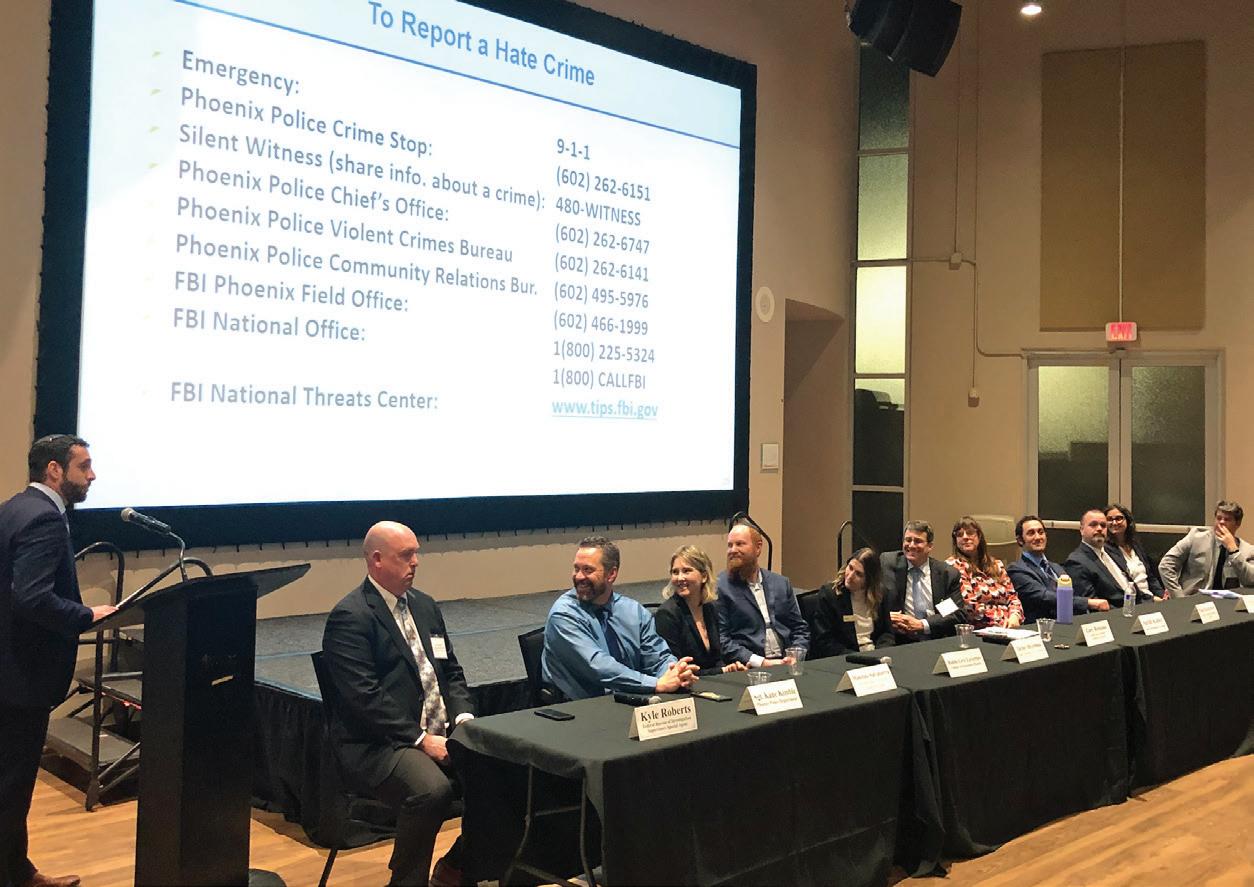
The evening was the fourth in a series of meetings with marginalized communities led by the Justice Department. Wednesday night was focused on the Jewish community, while previous sessions have involved Black, LGBTQ and Hispanic communities. It began as a pilot program with the Asian American Pacific Islander community in Greater Phoenix.
SEE












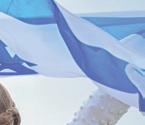













There are just over 60 survivors in Greater Phoenix, and Tucson has about 20. Two survivors, both men, passed away in January. The number of 1living survivors increased by one recently, when a survivor moved to Phoenix from another state.
The Claims Conference was founded in 1951, and over the decades has negotiated various compensation programs with the German government for survivors around the world, mainly distributed through local service agencies. Last year, the Claims Conference negotiated $1.4 billion in compensation, a record high that the group said was needed to cover the higher costs incurred by an aging population. Survivors receive an array of support, from direct payments and pensions to home care, food, medicine, transportation and social programs.
January 6
January 20
February 3
February 17
March 10
August 25
September 1
In Greater Phoenix, any survivor getting reparations is contacted by Jewish Family & Children’s Services (JFCS), which then connects them to PHA. In fact, JFCS introduced Bronkesh and her parents to the organization she now leads.
March 24
March 31
April 7
April 21
September 8
September 15
October 6
October 13**
October 20
The new demographic report is based in part on information about Jews served by such programs. The data were combined with published reports on the number of recipients receiving compensation administered by Israel, Germany and Austria.
May 5
May 19
June 9
July 14
August 4
August 18*
November 3
November 10
November 17
“We say we have about 80 survivors in the state but there could be more survivors who don’t want to make their status known,” Bronkesh said. She knows of no others in the state outside of the Phoenix and Tucson metro areas. Though some survivors may choose not to be identified, the Claims Conference reported that there are still occasional applications for compensation.
two became friends.
That’s how Stern first learned of the open council seat, but there’s no doubt she earned her position, Meyers said.
about her Judaism with her fellow council members and speaking out for her rights
She already has some practice at
“One time, I was in class and someone called me the R-word and I told him not to. The teacher was in the hallway and another student repeated the word,” she said. Rather than letting the situation go, she told her theater teacher, who was able
“If someone has a disability, saying the R-word is like saying the F-word,”

While performing in the musical “Hairspray,” she had another occasion to tangle with the offensive word, which appears in the script.


To become a council member, Stern had to apply and demonstrate that she had something valuable to contribute, he said.
“She’s on the council because she deserves to be on the council,” he said. Stern is creating a life and career as a member of her community, which makes her a great addition.
The Claims Conference also funds Holocaust education efforts, and this new report starkly demonstrates the loss of living witnesses to the 20th century’s most profound atrocity. Even with a few new cases added, the overall survivor population is dwindling — an expected trend that has worried schools and synagogues that have depended on survivors to teach about the Holocaust.
Stern graduated from McClintock High School in Tempe last year and now attends Glendale Community College, with a focus on dance. She is a regular performer at Detour Company Theatre, a Scottsdale theatre company for adults with intellectual, developmental and physical disabilities.
It’s a reality that Bronkesh understands all too well. As a younger woman, busy with other things, she considered PHA to be her parents’ organization, and though she honored Yom HaShoah alongside them every year, she didn’t do much else. “But when they needed this next generation to step up, I stepped up,” she said.
In fact, when Stern attended her first council meeting in January, she couldn’t wait to tell people of her involvement with Detour and share information about its upcoming shows.
Now, as the number of remaining survivors dwindles further, she and her fellow 2Gs and 3Gs (second- and thirdgeneration survivors), are doing more of the heavy lifting, especially when it comes to educating younger generations about the Holocaust.
“There’s no question that she is going to thrive,” Meyers said. “She’s very gregarious and passionate about the things that matter to her.”
“We’re descendants and we want to stay relevant even when there are no living
Stern looks forward to sharing insights
“That’s really bad and my friend said it on stage. I was not OK with that, so I went to the director and told her it was a bad word for people with disabilities,
She let her mother know about the conflict and they were able to convince the director of the need to remove the
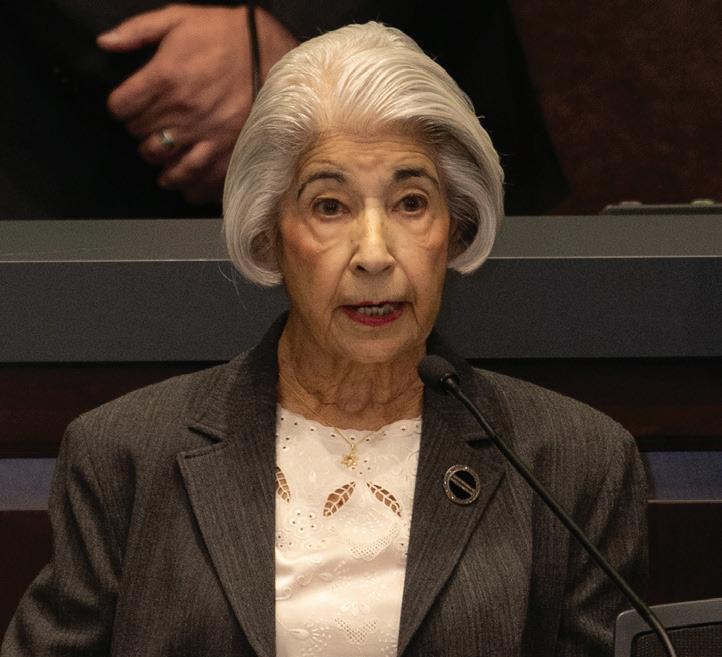
“My friend Al was next to me when I told the director and he gave me the biggest hug ever and said that he loved me so much,” Stern said. Sadly, Al died in a car crash on Oct. 24, 2021.
“That was hard; it’s very hard to get emotions out and I was very, very upset,” she said.
January 5
January 19
February 9
February 23
March 8
August 23*
September 6
September 20
September 27
October 11
Heart Can’t Even Believe It: A Story of Science, Love and Down Syndrome,” Silverman’s book about her daughter. When Gesher’s speakers’ bureau, Damon Brooks & Associates, was asked to find a speaker about Down syndrome for an event this spring, Hummell first asked Silverman to speak, thinking Stern might be too young.
March 22
April 5
They decided instead that Stern should tell her own story; it’s a real bonus that she is not afraid of public speaking.
April 12
April 19
October 18** October 25 November 8
“It’s not the same when someone tries to tell a person’s story for them,” Hummell said.
May 10
On the recent anniversary of his death, Stern made a cake and took it to the crash site.
survivors,” Bronkesh said. “We speak to schools and the general public; it’s one of PHA’s most important missions.”
May 24
June 14
The survivors who are still able to speak in public often take a 2G along to help. Bronkesh provided this kind of help for her mother before she passed away, prompting her whenever she forgot parts of her story.
“I don’t know how I did it without crying. I’m so proud of myself,” she said.
Amy Hummell, executive director of Gesher Disability Resources, agreed that Stern is a good fit for ADDPC because of her ability to self-advocate.
She also has an audio recording of her father talking about what it was like living
Hummell co-hosted a book event with Meyers a few years ago for “My
Additionally, helping people with disabilities find jobs was one of the reasons for acquiring the bureau. Unemployment in the disability community is upwards of 75% and of that percentage, 75% are ready, willing and able to work — but haven’t been given the opportunity, Hummell said.
July 12
July 26
August 9
“People have it in them to speak up but don’t know how, and often they’re not cheered on. Sophie has family support
12701 N. Road, Suite 201, Scottsdale, AZ 85254 Phone: 602.870.9470 Fax: 602.870.0426 | editor@jewishaz.com | advertising@jewishaz.com
subscriptions@jewishaz.com | www.jewishaz.com
PUBLISHER Jewish Community Foundation of Greater Phoenix
Phoenix
EDITORIAL:
Bottom
GENERAL MANAGER
ASSOCIATE PUBLISHER
Rich Solomon | 602.639.5861 rsolomon@jewishaz.com
Rich Solomon | 602.639.5861 rsolomon@jewishaz.com
MANAGING EDITOR
MANAGING EDITOR
Mala Blomquist | 602.639.5855 mblomquist@jewishaz.com
Mala Blomquist | 602.639.5855 mblomquist@jewishaz.com
STAFF WRITER
STAFF WRITER
Shannon Levitt | 602.639.5854 slevitt@jewishaz.com
Shannon Levitt | 602.639.5854 slevitt@jewishaz.com
Top Left:
Bottom
SENIOR ACCOUNT EXECUTIVE
ADVERTISING SALES CONSULTANT
Jodi Lipson | 602.639.5866 jlipson@jewishaz.com
Jodi Lipson | 602.639.5866 jlipson@jewishaz.com
SUBSCRIPTIONS 602.870.9470 x 1
ACCOUNT EXECUTIVE
Carol Chandler | 480.481.1778 cchandler@jewishaz.com
subscriptions@jewishaz.com
GRAPHIC DESIGNER
SUBSCRIPTIONS
PROUD MEMBER OF
602.870.9470 x 1 subscriptions@jewishaz.com
Ebony Brown | 410.902.2333 ads_phoenixjn@midatlanticmedia.com
GRAPHIC DESIGNER
Ricki Urban | 602.870.9470 X 2 advertising@jewishaz.com

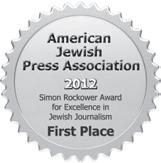
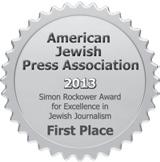

U.S. Attorney Gary M. Restaino explained that, as with all of the communities taking part in the program, “we don’t want this to be a one-time event; we truly want to build relationships with the community and hope that this is just the first step in the process.”
The evening was divided into presentations by the FBI Phoenix Field Office, the Phoenix Police Department’s Bias Crime Investigations Unit (one of only six dedicated bias crime units in the nation, investigating bias incidents against groups based on race, color, religion, national origin, sexual orientation, gender and disability), as well as the offices of the Maricopa County Attorney and the Arizona Attorney General. Each was punctuated by a panel discussion of an audience question gathered before and during the event.
One of the primary takeaways from each presentation was the importance of reporting an incident of bias or hate when it occurs, regardless of whether one is certain that it actually counts as a crime.
“You don’t have to figure out if what just happened is a hate crime or protected speech,” Restaino said. “Don’t feel like you have to make that decision for yourself before you report it to law enforcement.”
Phoenix Police Department Sgt. Kane Kimble and Scottsdale Police Department Detective Jim Nolan discussed both the logistics of reporting a possible bias crime and what to expect afterward. Though it might sound daunting to some, both “beat the drum” about the importance of taking the initiative regardless.
“The more information we have, the better it is for us,” Nolan said. Even if it is determined that the incident is not a crime, it creates a record that will remain going forward. “If that person’s behavior changes, then we have a good understanding of his or her motivation based on the past.”
Each panelist stressed the need to report things but were also sympathetic that it can be a difficult choice for some people.
Rabbi Levi Levertov, chair of the Phoenix Police Department’s Jewish Advisory Board and a chaplain for the department, admitted that even he hesitated once when he had to report an antisemitic incident.
“I’ve learned that there is a fear, perhaps not the same fear that affects other communities, but many people think, ‘If I report something, then my name is out there and I may be targeted next.’”
Madeline Salvatierra, president of Arizona State University’s Jewish Law Student Association (JLSA), said she understood the hesitancy about reporting. Last fall, after someone was arrested for vandalizing the area around ASU Walter Cronkite School of Journalism and Mass Communication’s downtown Phoenix campus with swastikas and white supremacist graffiti, “a lot of students were nervous about reporting their other interactions with the alleged perpetrator,” she said.

On the other hand, something that made that experience much easier was that before any official ASU statement was released, the head of the law school called her to let her know what was happening.
“I was really impressed that she reached out and I realized I should have formed a relationship with her from the first day of school,” she said. Now that it exists, “if something happens, I can contact her and know I’m not just a name in her email inbox. Having that relationship has been really helpful in making Jewish students at the law school feel more comfortable and that our voices are heard,” something she believes is pivotal to the Jewish community’s sense of wellbeing.
Jewish Community Relations Council of Greater Phoenix Executive Director Paul Rockower and Anti-Defamation League Community Manager Sarah Kader also emphasized the importance of reporting bias incidents, however they added a bit of a twist.
“If you see something, say something but say something to your rabbi, to the ADL or to any of the community organizations that deal with this; just don’t say it on social media. Talk to your partners in the community so we can handle it strategically instead of throwing it up on social media without knowing the full context,” Rockower said.
Kader added that the media can amplify hateful messages and add to someone’s trauma or even fan the flames for further incidents. Still, she hoped that from listening to the dedication of the other panelists, the audience could see clearly “the partnership between Jewish communal organizations and law enforcement is really strong, and we work really hard to stay in regular communication and feel very supported; we want you to feel that support as well. Just know that if you contact any of us, we’re going to get it to the right people as quickly as possible.”
“Creating these community partnerships is a good way to talk to each other and try to find out how we can resolve these issues,” Restaino reiterated.
Levertov emphasized how important the

Phoenix police’s community engagement bureau has been in supporting intercommunal dialogue. Before the COVID19 pandemic, he participated in discussions with other advisory boards and saw firsthand its efficacy.
“It’s a powerful thing to sit and talk with people you do not see eye to eye with,” he said. “I remember years ago, one of the members of the Arab advisory boards told me that if there’s a story on Israel, he’s going to be protesting. We kept talking and while we weren’t solving world peace, communication is truly the key here.”
Rockower explained that part of his work is proactively building relationships with other minority communities. “The time to meet your neighbors is not when your house is on fire or their house is on fire,” he said. Thus, when issues come up it’s much easier to help one another “understand what keeps us at night and what keeps them up at night.”
He also advised people to be informed of what’s happening in their local community rather than fixating on the national conversation or what’s trending on social media.
“If you feel safe in your community, you probably are; just be attuned to what’s going on in your neighborhood, what’s going on in your Jewish community and be grounded in that local reality,” he said.
While it’s important to be thoughtful in how one talks about issues such as antisemitism with friends outside the Jewish community, it’s also essential to demonstrate and share “Jewish joy,” Kader said. “We’re not always traumatized; we also love our traditions.”
Salvatierra took that sentiment one step further by quoting from Moshe Storch’s song “Geshmak to be a Yid,” meaning “it’s fantastic to be a Jew.”
In her closing remarks, Ross reminded the audience, “you have an entire panel of eminent officials who are here to serve you. We don’t want discrimination to happen and we’re committed to eradicating these actions, so help us help you.” JN
To report an antisemitic incident, visit arizona.adl.org.
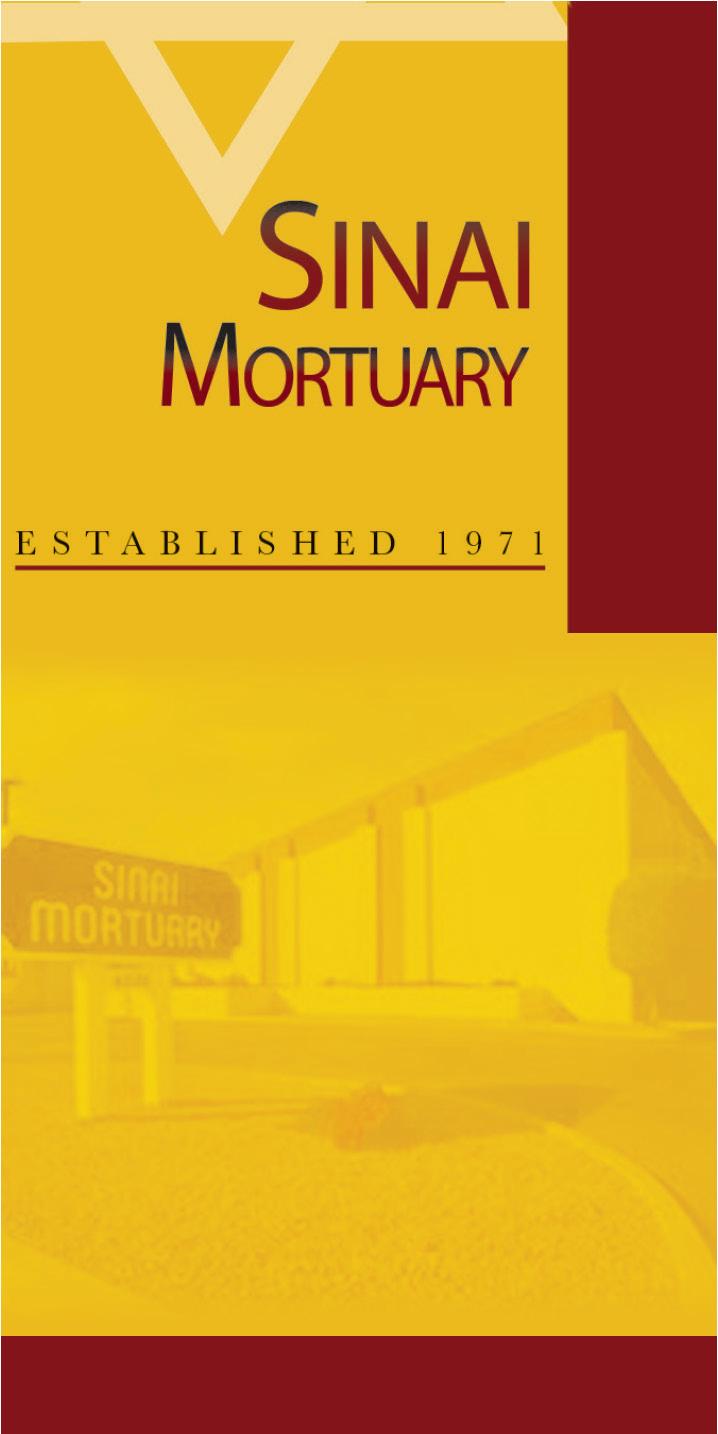

CONTINUED FROM PAGE 2
underground in the woods as a partisan during the war. While he had a strong accent and didn’t speak English very well, she’s still able to use certain clips — “we lived like rats and mice underground, one on top of each other” — to great effect. She donated the recording to Yad Vashem in Jerusalem.
“We are working with our 2Gs who want to tell their parents’ stories and help them find ways to make their presentations stronger. We also have the grandchildren, 3Gs, who do this very successfully,” Bronkesh said.
PHA also helps survivors present on Zoom but said that so many students “are mesmerized by the survivors, don’t want them to stop talking and want to take a selfie with them,” knowing they’ll be the last generation to meet a survivor in person.
For their part, the survivors, while increasingly diminished physically, are committed to continuing their witness as long as they can. “Some don’t feel they’ve done enough,” Bronkesh said.
At 96, Prescott survivor Esther Basch is still hard at work finishing “The Honey Girl,” a documentary about her experience in the Holocaust, with the help of her daughter. Bronkesh was recently contacted by a professor at Colorado State University in Fort Collins, who was interested in bringing a survivor to Colorado because there are no survivors in Fort Collins nor even in nearby Denver.
Bronkesh wanted to help but said the university would also need to fly a caregiver because no survivors are capable of going alone. She called Basch, but it turned out that she was already booked for a speaking gig in Montana. Basch’s daughter said adding Colorado to the itinerary would be too much, but her mother called Bronkesh back and said, “I can do it. As long as I’m alive, I want to do it. Let me work on my daughter.”
“She knows she’s fragile but she wants to finish her film,” Bronkesh said. “Then she went and arranged another event in Denver!”
A few years ago, local survivor Oskar Knoblauch sat immobilized in a chair in the same clothes for six or seven hours every day for a total of five days, and was asked a litany of questions over and over to create a 3D life-size holographic-like video, technology that allows visitors to have a virtual conversation with him as he shares his story and answers a range of questions.
This exhibit was unveiled at the Arizona Jewish Historical Society (AZJHS) in 2022. Its creators initially thought about waiting until after the COVID-19 pandemic was completely over to film him, but Bronkesh told them, “You can’t risk waiting,” and Knoblauch agreed.
“It’s simple: Aging is something we cannot stop and we’re not going to hang around much longer,” he told Jewish News. He has been educating people for more than a decade but now says, “I started much too late.”
He said his holographic image, and others like it, will be useful for education, but “nothing can replace the real person, ever, but this is close.”
The 99-year-old Knoblauch was delighted that Arizona passed mandatory Holocaust education in 2021, but still worries that it isn’t enough. “Any genocide, any abuse, including gruesome parts of American history, has to be taught because if students don’t learn, they will listen to the wrong sources and believe them because that’s all they’ll know,” he said.
“I’m always the oldest person in the room, but I was there and saw so many things that most won’t see and we can’t pass that on when we’re gone. It should have been passed on years ago,” he said.
Not every survivor in Arizona experienced a concentration camp or even has many memories to share.
Julie Gutfreund is from Vienna, Austria. In 1938, she was seven years old and hardly aware of what was going on around her. She remembers bits and pieces from Kristallnacht or the Night of Broken Glass.
“My mother and I were at home; a Nazi truck went by our house and the people were shouting, ‘Jews Get Out!’ They knocked on our door and we hid in the closet. I thought they were looking for criminals or something. We hid in the closet and they pounded on doors and we didn’t come out,” she told Jewish News.
Gutfreund moved to Phoenix in 2009 and joined PHA mainly to socialize. She didn’t talk much about her past though AZJHS and the Spielberg Foundation interviewed her.
“I didn’t say I was a survivor for a long time because my family managed to leave before things were really bad. It began slowly and nobody knew what it would turn out to be,” she said.
Kathy Gross grew up in Budapest, Hungary and was six when the Nazis invaded. Luckily, she was hidden from the Nazis, along with a few other children. Most of her family was killed in the Holocaust but Gross’ mother, who survived both by faking her death and later by getting false papers that enabled her to hide in Budapest, recovered her little daughter after the war. Gross never learned how her mother was able to find her.
They stayed in Hungary until 1956.
“I know I suffered from deprivation and discrimination but I couldn’t sense the emotional impact on the grownups,” she told Jewish News.
After the war, Hungary was taken over by a Soviet-allied government and became part of the Eastern Bloc and antisemitic sentiment remained high.

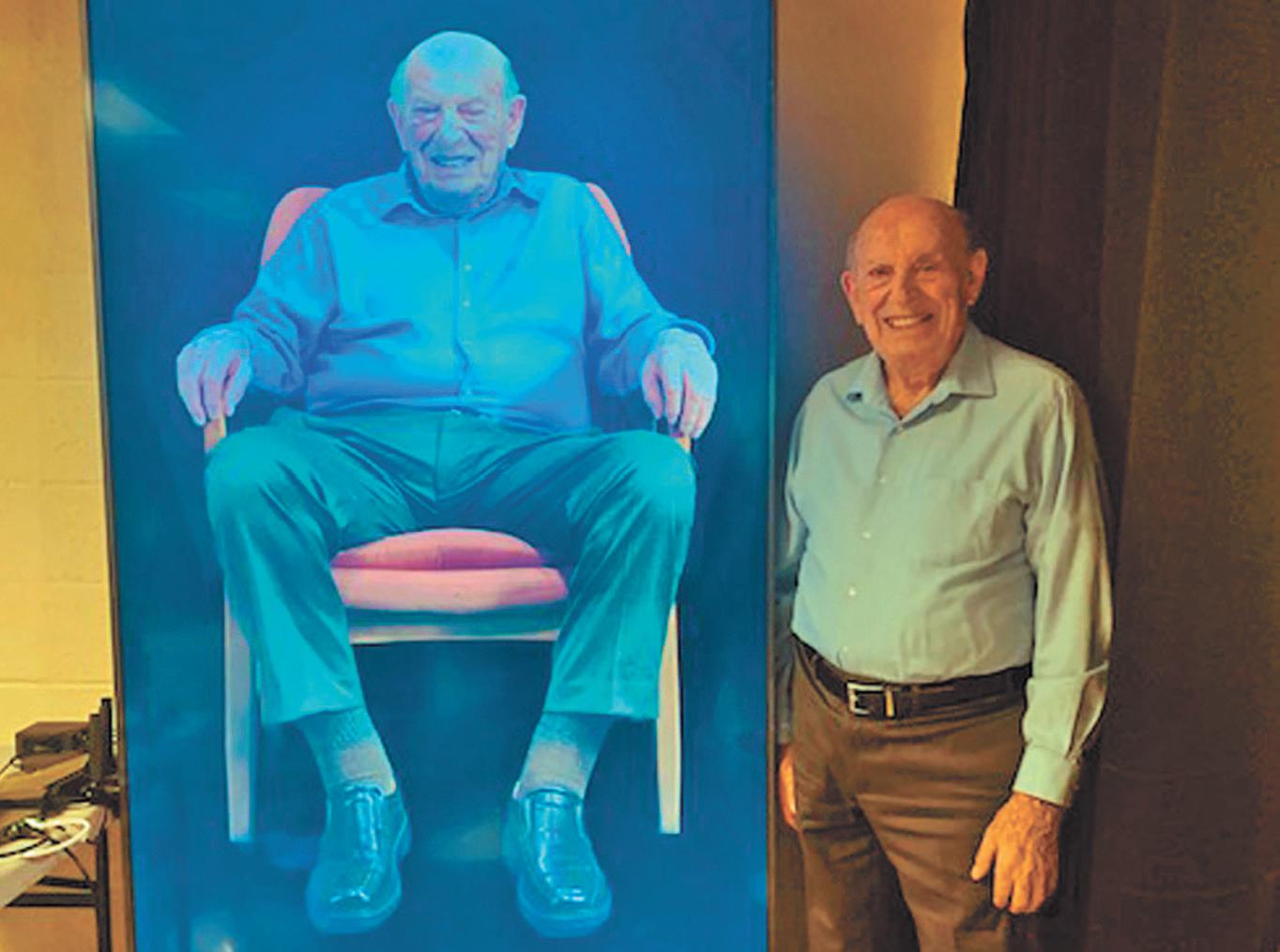
“In school, you had to tell your religion and your father’s profession and financial situation, and that caused me to be an outcast. My father died in the Holocaust but before the war, he owned a factory and my mother rebuilt it, so that meant I was a ‘Jewish capitalist’ and they wouldn’t let me go to college,” she said.
Her only choice was to go to a technical school where she learned to make shoes. She worked in a shoe factory before leaving for England in 1956, and still has her diploma.
“I felt the trauma of the bombing during the war, but I couldn’t sense the fright of the adults. I am still trying to figure out why I never missed my parents; I can’t recollect any of those feelings. Perhaps it’s a result of trauma or my age, I don’t know. I never asked. I hardly remember my father or my sister, who died of polio in 1945,” she said.
She still works in her travel agency and said that running a business and interpreting for the court system didn’t leave her much time to spare for speaking publicly about her past. Now, she regrets
not doing it.
“The situation in Israel and rising antisemitism really pushed me to do something. I felt maybe I owe something to give back,” she said.
She doesn’t feel confident speaking in front of classrooms, but she gave AZJHS an interview and thinks its work in Holocaust education “is just amazing and extremely impressive.”
Through PHA and its Café Europa program, she has interacted with other survivors and even met other Hungarians. “I’m interested in their stories. Now that I’m in PHA, I’m getting involved,” she said. She represented survivors at the State House’s opening day session in January and testified on behalf of Holocaust education earlier this month.
“I really can’t describe the horrors of the camp, but I may volunteer to go to a school that’s not far from me,” she said. “I want to do what I can.” JN
For more information, visit phxha.com.




Laura Arnold Leibman, a historian at Reed College in Oregon, often uses objects — a cup, a photograph, even a gravestone — as an entry point to understanding the lives of the people she researches. Thus, it is no surprise that two ivory miniature portraits launched her desire to write the long, complicated, and frankly, incredible story of Sarah Brandon Moses and her brother, Isaac Lopez Brandon, both of whom were born into slavery — their mother was a Black slave, their father, the Sephardic Jew who owned her — in late 18th century Barbados and later converted to Judaism.
Leibman was working in Barbados on another project when a fellow historian told her about Brandon, a Jew of color working on civil rights. That intrigued her but when she found the miniatures, she was hooked.
“It is such an intimate genre, with those larger-than-life eyes designed to draw you in, to make you feel connected. I wanted to know who these people in the miniatures were. Who is this person?” she told New Jersey Jewish News after the release of her book “Once We Were Slaves: The Extraordinary Journey of a Multiracial Jewish Family” in 2022.
In “Jews of Color in Early America,” her virtual presentation for the Bureau of Jewish Education of Greater Phoenix’s (BJE) Passages series on Sunday, Feb. 4, Liebman talked in detail about who those “larger-than-life” siblings were as people, using their story to sketch the dynamics of racial and religious identities in the Caribbean and the United States 200 years ago, 100 years ago and today.
“Laura’s (Liebman) knowledge of Jewish life in early America seemed like a wonderful topic to bring to life in our 2024 Passages series,” BJE Program Director Marina Awerbuch told Jewish News in an email. It also helped that Liebman’s book was a National Jewish Book Award finalist.
She began her talk with a few New York community surveys from 2011, looking at the multiracial character of Jews in the area. Because American Jews had been generally characterized as “a white ethno-religious group” the surveys posed questions that hadn’t previously been asked of the Jewish population, such as whether respondents thought of themselves as Black, Hispanic, Asian or biracial; if the respondent identified as white, they were asked if any household
members thought of themselves as biracial or multiracial.
“By asking this new question, surveyors discovered about 87,000 Jewish households in the New York area were non-white and about 161,000 individual Jews considered themselves non-white in 2011, representing roughly 12% of households and 10% of New York-area Jews,” Liebman said.
When earlier surveys had asked about race “the only thing that was consistent was that the questions about Jews and race were completely inconsistent,” she said. If people have not been asking the right questions or even asking the wrong ones, it naturally upends the view of Jewish history.
In the early 20th century, Rabbi Arnold Josiah Ford, the leader of a Black synagogue in New York, proposed the idea that Jewish immigrants from African, Spanish and Portuguese colonies in the West Indies (the Caribbean) and Suriname in South America had contributed to a multiracial Jewish community in the United States.
Ford, his congregation and other Black Jewish communities were rejected by the Synagogue Council of America, the white Jewish congregational establishment of the time, which claimed that Ford and his community were “not really Jews.”
For a long time, academics agreed with that assessment. One hundred years later, Leibman’s research bolsters Ford’s theory about the migration patterns of Jews of color. A century later, her sibling subjects from Barbados, Ford’s home country, illustrated the point.
“Many people had one foot in the Jewish community and one foot in the free people of color community on the island of Barbados,” she said. That was true in Sarah and Isaac’s time as it was in Ford’s. People identifying as both Jewish and Christian, even congregational leaders, went between the synagogue and the Methodist church on the island.
At the respective ages of 12 and 19, Sarah and Isaac decided to become legally Jewish and convert halachically, which was necessary because although their mother’s family had been owned by Jews and followed Jewish traditions, none of them had officially converted.
For the conversion, the siblings went to Suriname because of its large Jewish infrastructure and population of Jews of color; half of the community had at least one African ancestor.
“It was very inclusive in terms of welcoming people with African ancestry in ways that the island of Barbados and other places weren’t,” Liebman explained.
People in some parts of Suriname

wanted to follow Jewish law explicitly, so if European Jewish fathers had no white descendants, they converted their mixedrace descendants. Thus, by 1811, when the siblings arrived, people there with African ancestry had been halachically Jewish for generations.
Because Liebman is drawn to objects, she highlighted a book she found from this time period that listed several mohels on the island. She laughed and said that she’s from Portland, Oregon, which has fewer mohels than are listed in the book.
Additionally, Maroon communities in Suriname, descendants of Africans who fled the colonial Dutch forced labor plantations and lived in the interior rainforests, “followed Jewish ritual traditions, including some elements of kashrut, and even named themselves to reflect their Jewish ancestry. Some had learned those things from having been enslaved by Jews; others insisted that they had come to the Americas already with Jewish traditions as part of their heritage,” Liebman said.
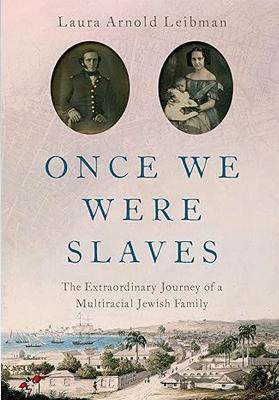
It was a picture-perfect morning. The sun was shining and a wintry chill was in the air as a group of volunteers arrived at Kiwanis Park in Tempe on Jan. 27.
Lugging bags, boxes, ice chests, wagons, Costco pizzas and home-baked goodies, they found their way to a ramada. They covered picnic tables with bright cloths and set out lemons and bowls of orange mandarins.
Vivid blue and yellow balloons welcomed their guests, recent Ukrainian refugees on humanitarian parole in the United States, as did bunches of sunflowers.
They arrived in small groups, 11 families, including 20 children, who were recipients of support through Beth El Phoenix and Temple Chai’s United to Help Ukraine Committee in Phoenix.
The committee had been formed only months after the Ukraine war began in 2022, to help Ukrainian citizens seeking safety from Russian aggression.
Beth El member Leslie Cooper spearheaded the effort, engaging volunteers from her congregation and later partnering with Temple Chai. Working with HIAS, a Jewish American nonprofit organization that provides humanitarian aid and assistance to refugees, the group had hoped to sponsor one family for temporary resettlement in Phoenix under the federal United 4 Ukraine Initiative (U4U). Countless hours were spent formulating a plan, securing necessary documents and raising funds. Last spring, they were matched with a family; by fall, they were stymied when one family member could not acquire travel authorization.
As the war raged on, they had raised more than $20,000 from generous donors and were determined to help Ukrainians seeking refuge locally.
Working with Lutheran Social Services of the Southwest (LSS), which has provided refugee services for almost 50 years, they were apprised of Ukrainians who had settled here in the last six months, many under the U4U initiative, which has now expired, and in need of assistance.
They ranged from older singles to young families. The most pressing needs included driving lessons and cars — necessary for them to be able to travel to and from jobs. They also needed help with rent, phone and utility expenses and
essentials such as mattresses, household goods, clothing and other items.
In December, the committee met to decide on recipients, needs and disbursements. Donors were informed of the decision to fund the local families.
Instead of helping just one family, they ended up helping almost a dozen.
The picnic culminated the campaign and, more importantly, brought the two communities together. “There was a real human connection,” Randee Pri-Tal, Beth El volunteer and U4U committee member, described the feeling by email.
And while many of the refugees speak little or no English, they were adept at Google Translate and delighted to communicate, even simply, with their hosts.
And have a meal together.
They had come carrying casseroles of savory beets, big bowls of Ukrainian potato salad, sweet blueberry blintzes and puffy cottage cheese pancakes. Eager to share, and comfort for the refugees, they offered a taste of home and a way to forge ties with their newfound friends.
“Food is a good way to connect,”
Wendy Laskin, another Beth El volunteer and U4U committee member, later observed by email. “But not only did they share their food, they shared their stories.”
Some told harrowing tales of their journeys from the war-torn country to our borders. Others spoke of the difficulty of settling in a new place, applying for work permits and benefits, finding safe housing, looking for jobs, learning to drive and caring for their children.
They arrived carrying very little with them but the memories they left behind of all that was dear. For some, that included extended family, friends, neighbors and, for more than one, a husband on the front lines.
LSS case manager Anna Ivashchenko helped to match donations with recipients and plan the picnic. She and another LSS case manager, Kateryna Zavodovska, both Ukrainian refugees, were there, along with LSS president and CEO Connie Phillips, who was delighted with the communal partnership.
Ivashchenko welcomed the group, expressed their gratitude and distributed hand-written notes and individual Walmart gift cards to family members, in addition to the larger grants they had received to cover the essential expenses.

One of the most poignant moments came at the close of the short program, as the newcomers sang the Ukrainian national anthem.
Pri-Tal noted, “There was not a dry eye under the ramada.”
But it was the normalcy of the day that was the highlight.
“Seeing the children play together while their parents watched and chatted . . . such a happy thing for parents everywhere,” Cooper noted by email. The afternoon ended with effusive thanks, hugs and goodbyes as the hosts
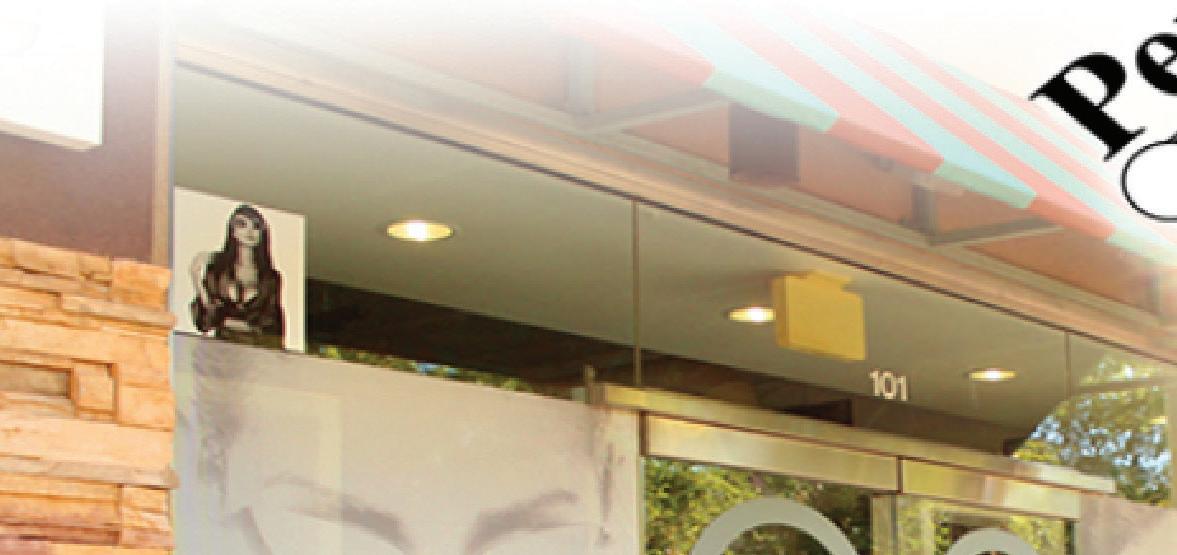





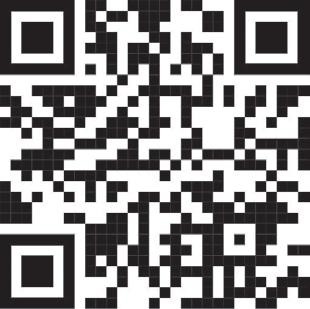

More than 600 people gathered at Arizona State University’s Student Pavilion in Tempe on Sunday, Feb. 18, to hear firsthand from 101-year-old Holocaust survivor Joseph “Joe” Alexander. During World War II, Alexander went through 12 different concentration camps, including Auschwitz and Dachau.
Rabbi Shmuel Tiechtel, executive director of Chabad at ASU, arranged the event and introduced Alexander by acknowledging the opportunity to hear from a survivor.
“Tonight, the reality of what happened 80 years ago will be shared with you by someone who experienced it himself,” Tiechtel said as he spoke of the importance of sharing stories from the Holocaust.
Alexander then shared the story of how he survived the war as a Polish Jew. Born in 1922, he was raised in a small town in Poland until 1939, when the Germans annexed half of the country, forcing his family to flee to a town near Warsaw. Alexander said only 13 of the original 1,500 Jews who resided in his town survived the war. He began working in labor camps that same year, building canals in Poland. Eventually he ended up in the Warsaw Ghetto for five months before he managed to escape by paying off a guard.
”You can’t even imagine how terrible it was because the area they picked for the ghetto was a small area and they put 400,000 people in it,” he said of the conditions in the ghetto.
He later described how the lack of water was so intense, they would squeeze mud from their jackets to try and get water from the dirt.
When all Jewish men ages 16-60 were rounded up, Alexander was sent to Auschwitz. He was placed in a cattle-car train for a five- to six-hour trip but when they arrived, the train doors remained shut for three days. Alexander said when the German officers finally let them out, 30-40% of the people on the train were already dead.
When Alexander entered the camp, he came face-to-face with Dr. Josef Mengele, the infamous doctor known for medically experimenting on Jews. Mengele sent him to the line on the left but because Alexnader had been at other labor camps, he knew the left line meant certain death. When it was dark and no one was looking, he snuck back across to the right line — and life.
“Would it have been daytime, I don’t


think I could have done it,” he said.
When they entered the camp, they were given a number tattoo, which Alexander showed the crowd.
“From that moment on you had no name anymore, that was your name,” he pointed out.
Alexander eventually left Auschwitz and moved through other camps including Birkenau and Dachau, where he worked for a potato farmer. On April 29, 1945, he and other Jews at Dachau were taken on a death march. During the trip they came across a dead horse, cooked it and ate it. Alexander recalls that meal as being the best food he’d ever had. But the death march didn’t end in death for the Dachau Jews.
“Between 12 and 1 o’clock the American tanks moved in, and we were liberated,” he described.
After liberation, Alexander drifted in and out of displaced person (DP) camps. He said many survivors felt that they didn’t want to be physically restrained after the war, but registering in DP camps was the only way you ended up on the list to have a chance of finding your family members.
The war left scars on many of Europe’s Jews, and Alexander was no exception. The war left him without a family, a cousin was the only other survivor. With the help of this cousin, Alexander got a job working for a tuxedo rental company in Pennsylvania, and eventually ended up running his own clothing rental and tailoring shop in Santa Monica in 1950. He still lives in California today.
He credits his survival during the
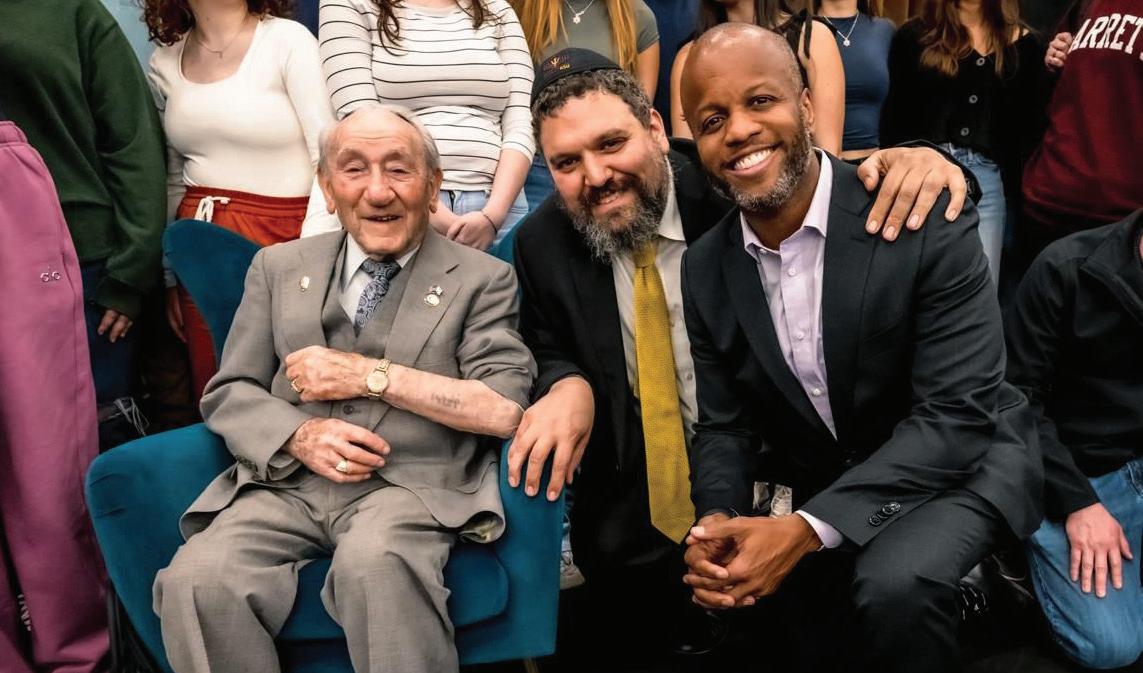
Holocaust to his unwavering faith and unwillingness to give up.
“I never lost faith and I’ll never stop believing in God,” he declared.
Alexander said it’s essential for younger generations to understand what happened during World War II, especially with the surviving generation dwindling.
“The few survivors who are left, we are the ones that have to let them know what happened.”
Alexander tells his story to students across the country and Yonatan Rosenbloom, student president of Chabad at ASU, said hearing from someone who went through an experience like Alexander’s was not something he takes for granted.
“I’ve been lucky enough to grow up around Holocaust survivors, but I’ve never met someone who was actually in Auschwitz,” he said.
Tempe Mayor Corey Woods agreed.
“The fact that he’s still here, that he’s actively telling this story to a packed room full of people this evening was exceptionally moving,” said Woods.
Tiechtel said he got feedback from students, parents and city officials about how inspiring Alexander’s story was.
“Students were empowered to see a 101-year-old man with such a joy of life, such a belief in God and such a joy in being Jewish,” he shared.
That joy was evident to all when Alexander answered a question about how to combat antisemitism in today’s age.
“Be a proud Jew,” he said. JN
For more information, visit jewishasu.com.
Shira Tanzer is a freelance writer living in Scottsdale.
HISTORY
CONTINUED FROM PAGE 6
In Suriname, racial identity was much more in flux. Marriage could change one’s racial classification from person of color to white, as could the number of European ancestors. But because Sarah and Isaac’s parents never married, they would stay Jews of color and second-class citizens if they remained in Suriname. Thus, Isaac moved back to Barbados and Sarah went to a Sephardic boarding school in London.
In London, Sarah met and married Joshua Moses, a New Yorker who went to school with the white grandson of Sarah’s father and enslaver. In New York and London, people knew of Sarah’s African ancestry but there was no mention of race in her marriage contract. They returned to New York, where Moses’ father was one of the wealthiest Jews in the city. The marriage and the money seemed to erase her Blackness.
Sarah and Joshua had nine children, all of whom were counted as white in the U.S. Census and “became movers and shakers of the Jewish community,” Leibman said.
Isaac eventually moved to New York, married into the Moses family and became his brother-in-law’s business partner. Isaac was supported by his in-laws in his bid for synagogue board membership, despite a racist objection from at least one other board member; and U.S. citizenship, though
people of African ancestry were not allowed to be naturalized during that period.
“His Jewishness and his relationship with his family in New York, somehow allowed him to circumvent even some of the racial laws of the larger United States,” Leibman said. However, though he might have been seen as white in the U.S., on business trips to Barbados, he was still considered “a Jewish gentleman of color.”
By the 1920s, when Ford was proposing his African Jewish migration theories, the racial laws of the U.S. had changed so that anybody with even one drop of African ancestry was now considered to be a person of color. Sarah’s granddaughter, whose fascination with her own genealogy helped out Liebman’s research, never knew of her grandmother’s African heritage.
Liebman concluded by saying her research has shown again and again just how “complicated these histories of how people come to Judaism and how people experience Judaism are.”
The Jewish community is still plagued by “Jew-on-Jew racism and exclusion” and she is hopeful that the more people learn to ask questions of what they thought they knew about early Jewish history, the more they’ll learn about the breadth of the Jewish experience. JN
For information on Passages, visit bjephoenix.org/ programs/passages.
PICNIC
CONTINUED FROM PAGE 7
saw off their guests with baggies of leftovers and big smiles.
And a sense, that in some small way, they had made the Jewish values of welcoming the stranger and repairing the world real.
And what do the volunteers hope for their new Ukrainian friends? That the war ends, they have a choice as to what to do next, they will prosper and be safe. JN
Vicki Cabot is a writer and editor whose byline appeared in Jewish News for more than 30 years. She served on the Beth El U4U committee and attended the picnic for the Ukrainian refugees on January 27.
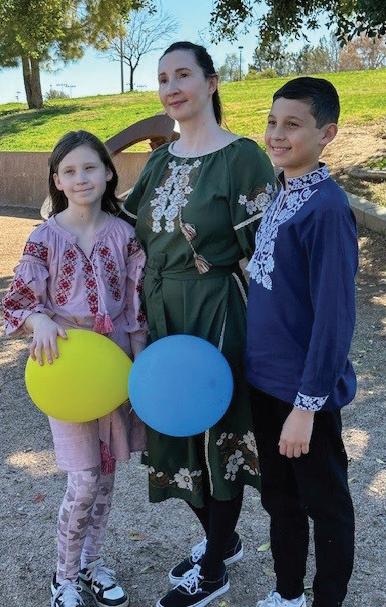
“FOOD IS A GOOD WAY TO CONNECT. BUT NOT ONLY DID THEY SHARE THEIR FOOD, THEY SHARED THEIR STORIES.”
WENDY LASKIN

water, we’re all in it together,’ says
During a Gilbert Town Council meeting this month, a few citizens shouted their displeasure when council members voted unanimously to raise the city’s water rates by about 50%, a measure that will take effect in April. The increase was necessary to deal with aging infrastructure, water shortages and for the maintenance and reconstruction of treatment plants to prevent potential water quality issues, officials said.
Gilbert is far from the only Arizona city making costly choices. Mesa’s city council approved a water rate hike recently and Phoenix residents already saw their rates go up by 6.5% in October; they will increase by similar percentages again in 2024 and 2025.
It’s hardly surprising that water, or more accurately, the lack of it, is increasingly on the minds of Arizonans and their elected officials. After all, last year’s steady drumbeat of national headlines about Arizona’s water woes shone a new intensity on the issue: Lake Mead’s water level fell low enough to reveal several sets of human remains covered decades ago; the water in Lake Powell was so low that the dam’s turbines could barely turn; and the Colorado River, whose water Arizona, six other states and Mexico depend on, is in crisis.
Then there was the Rio Verde Foothills weeks-long saga that began when Scottsdale turned off the water tap to its neighboring “wildcat” development, forcing residents to flush their toilets with rainwater, carry laundry to friends’ homes and skip showers, a situation that Alexander Kolodin, the area’s Jewish and Republican representative, called “not OK.”
As shocking as all that news was to many, it was not surprising to Sharon Megdal, the Jewish director of the University of Arizona Water Resources Research Center (WRRC) and someone who has worked on Arizona water policy since the late 1980s. Megdal credits her view of things to a Jewish sensibility.
“With water, we’re all in it together,” she told Jewish News. “We need to have smart and good policies in our state.”
The problem is agreeing on what constitutes “smart and good policies” given the state’s long-held, competing views about private property rights and government not infringing on one’s ability to pump groundwater versus the idea that groundwater is a public good. Governor Katie Hobbs, a Democrat, would like to put $73 million toward protecting the state’s water resources, and legislators
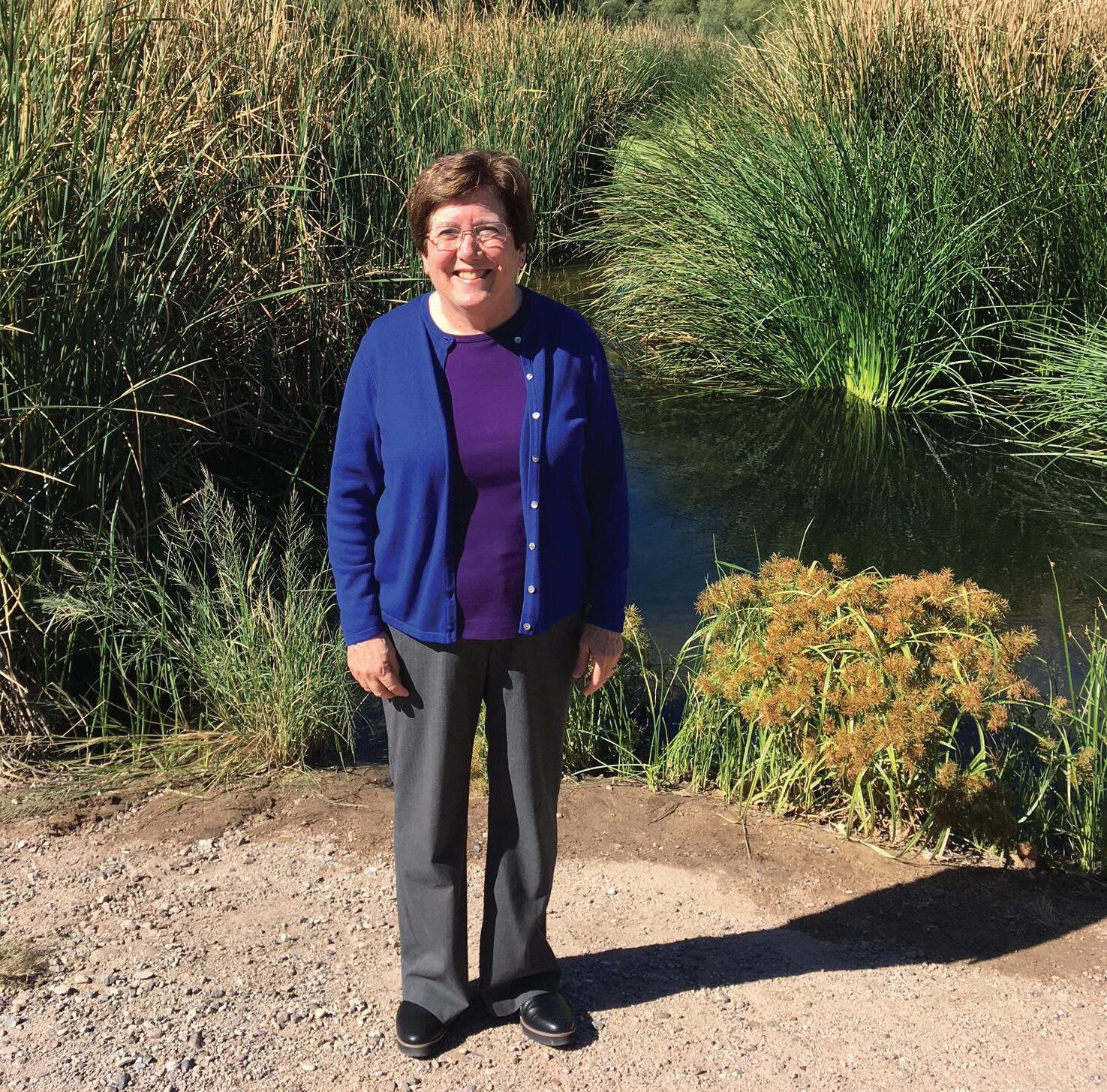
"I WANT PEOPLE TO KNOW WHERE THEIR WATER COMES FROM AND NOT TAKE IT FOR GRANTED. ONLY THEN CAN THEY KNOW HOW TO BE A GOOD WATER USER,"
SHARON MEGDAL
on both sides of the aisle have written a slew of competing bills pressing different ideological solutions to Arizona’s water management. For example, Kolodin suggested the free market will sort out the state’s water shortages, while Democrats want more active government management in rural areas.
Megdal is glad to see the amount of legislation being put forward, after so many years where there’s been nothing, even while she regrets the high degree of partisanship in the legislature.
“This year might be a busy, even an ugly, year. But I hope, even though we start from different places, we will come to some compromises to move us forward rather than do nothing. Doing nothing on groundwater means we keep taking from our aquifers. At least with the debate, we might get some positive outcomes,” she said.
Megdal, a member of Kol Ami
Synagogue in Tucson, is an optimist, partly because it’s her nature and also because “you have to be optimistic to get good management. If you’re pessimistic, you won’t have the mindset to solve these issues and it takes a lot of work to solve them,” she said.
Ironically, Megdal never could have imagined she would be a water expert when she was growing up in New Jersey and earning a doctorate in economics from Princeton University, the subject she came to Tucson to teach in 1978. Seven years later, former governor Bruce Babbitt appointed her to the Arizona Corporation Commission (ACC), which regulates private utilities and started her journey to becoming one of Arizona’s preeminent water policy wonks.
“Even though I never thought about water before the ACC, I’m driven by policy and being an educator. I want to help people make better decisions. That’s
my contribution to society,” she said. She does that in myriad ways apart from her job as chief of the WRRC. She’s a writer, teacher and public speaker and often speaks to synagogues and Jewish Community Centers. She also works closely with Israeli water policy experts because “Israelis think about their water utilization every day,” she said.
She wants the public not only to think about water but know what questions to ask.
“People need to know where our water comes from, where there might be risks, and what is the risk to those living in cities like most of the Jewish News’ readers,” she said.
Residents in Arizona need to know what it means when the Colorado River is stressed and not producing the flow it once did.
“It’s complicated and might not be sexy, but it sure is important if the water is not there. I want people to know where their water comes from and not take it for granted. Only then can they know how to be a good water user,” she said.
One thing she talks about that always comes as a surprise is how many individuals “are spending their days, and more than their days, working on water to make sure that water is there for all,” she said. For people to learn more about what they’re doing, they can go straight to the websites of their public utilities or the WRRC; that will be a good starting place to get a handle on the situation and what they can do as individuals.
But most of all, she wants everyone to know “it’s never too late.”
Megdal sometimes gets calls from individuals wanting to know the water situation in a certain part of the state and whether moving there is safe. Her doctor has asked her what the future holds for the state’s water supplies. On vacation in San Diego, she casually chatted with someone on the beach who asked if it’s smart for their family to move to Arizona after discovering Megdal’s expertise.
“I’m not going to crystal ball it for anyone,” she laughed, noting that most of the state’s citizens live in areas that are served by well-operated utilities. However, every person in the state needs to continue to pay attention to this issue.
“We’re in the desert and water is a scarce commodity,” she said. All of last year’s national headlines were “well overdue.” JN
For more information on Arizona water resources, go to wrrc.arizona.edu.
15 - 6:18 P.M.
 RABBI MOSHE LEVERTOV
RABBI MOSHE LEVERTOV
About ten years ago we went on a family vacation with my in-laws and all their children and grandchildren.
One night, as we sat around the fire, my brother-in-law began telling the kids a story. In typical rabbi fashion, he made sure to include every detail. At one point, as he kept rambling on, one of my three year-old nieces turned to her father and asked “Daddy, when he’s finished talking can you tell us what he said?”
FirWhen we read this week’s Torah portion, Vayakhel, it seems like it’s a repetition of what’s been discussed in the previous few portions. We spent the past three weeks and the portions of Terumah, Tetzaveh and Ki Tisa reading the instructions that G-d gave for the collecting of materials needed to build the Mishkan (Tabernacle), for the clothing of the priests and the services in His Holy house. In the portions of Vayakhel and Pikudei (the next parshot), the details are there again — with a slight change. In the first three portions, the details
are given in the form of “you shall bring” or “you shall make.” Now, however, it’s recorded again but with the verbiage being switched to “they brought” and “he made.”
This begs the question — couldn’t G-d have saved so much ink by just summarizing and telling us that Moses and his crew followed the instructions given to them?
The Torah could have easily just said “and it was all brought and made according to the instructions that G-d gave Moshe.”
What is the reason for all the extra words?
What’s the lesson for us?
The truth is that Moshe received the instructions, together with the entire Torah, while at Sinai, in an entirely spiritual experience. When told about the Tabernacle — Moshe saw it as it exists in the heavens, in the cosmos — abstract, idealized and unbound by the physical constraints of a three-dimensional edifice.
On seeing that, it might have been easy to get carried away in the experience. With such awesomeness being experienced, there was a chance that the instructions wouldn’t be carried out to the very last detail.
Would that be so bad? What difference does it make how the final product looks?
Do we really need to follow everything G-d tells us? If we like it slightly different, if I feel
comfortable with how it is, who cares if it’s not exactly according to the instructions? It’s close enough, isn’t it?
Amar’e Stoudomire talked about “heart” in his Phoenix Sun’s Ring of Honor induction speech. Amar’e mentioned playing with heart and also that his heart belongs to Phoenix. He was #32 — all heart — and that’s why he was able to have such a great career on the basketball court. Without that dedication, love and commitment he’d be lucky to have any success.
G-d wants us to be fully immersed in the experience. He wants us to put our whole heart into our relationship with him. So why can’t our heart — what we want, what drives us, what we like — drive and dictate how we act and steer our relationship with G-d?
The truth is Amar’e wasn’t only heart. He wasn’t playing in a vacuum.
He didn’t talk about the rules of the game and the need to channel his heart within them. The rules of the game, the expectations of his teammates, the guidance of his coaching staff. Heart can be the greatest asset, but it cannot be left to run wild.
So, as beautiful and powerful as the spiritual structure of the temple and service of G-d might be, we can’t get lost in it. It’s not what G-d desires, within his rules. His
MARCH 9 - 7:08 P.M.
16 - 7:14 P.M.
instructions were to build a physical house to serve him in a physical way. One that’s very real and a part of this world.
To make sure that Moshe and the nation of Israel invest their heart in a properly controlled manner, he gave them rules and guidance. The first command mentioned after the building instructions was the mitzvah of Shabbos. G-d was telling us not to get carried away by the gift that he’s giving his people. Following the path of Torah and mitzvot brings blessings and, indeed, enriches our lives. At the same time, we need to make sure to remember that the true beauty can be reached when we stay between the lines. When we follow and carry out his instructions — to every last detail.
And to make sure this idea is passed on to future generations, G-d recorded the carrying out of each and every one of his instructions.
So, like Amar’e, serving with heart is big. But, also like Amar’e, we need our hearts to belong to G-d. JN
This year’s ‘Little Purim’ is a big opportunity to appreciate the good
RABBI REBECCA BLADY | JTA
About 400 years ago, in the city of Frankfurt, a peculiar historical event took place.
In 1612, in the lead up to the election and coronation of the Holy Roman Emperor Matthias, the citizens of Frankfurt were informed that they had to cooperate with this new transfer of power or face the loss of certain privileges. Not satisfied that these so-called “privileges” actually existed, protests against various government representatives began. The ringleader was Vincenz Fettmilch, a pastry chef who resented both the authorities and the Jews.
In 1614, overflowing with anger at the status quo, and fueled by typical antisemitic beliefs, Fettmilch and his gang attacked Frankfurt’s Judengasse, or Jewish ghetto. They looted the neighborhood and expelled the Jews from the city. Fettmilch was shortly thereafter arrested, and two years later executed, his home destroyed, his allies banished. On the same day, the Jews were permitted to return to Frankfurt, their
rights and citizenship restored.
On the surface, nothing seems too peculiar about this persecution. Antisemitism in Germany in the Middle Ages probably surprises no one. But the sudden reversal and homecoming did. When the uprising was over, the Jews began the process of commemorating the experience. They created an annual holiday on the 20th of Adar called Vinz-Purim, a clever allusion to Vincenz Fettmilch and the familiar Jewish holiday of Purim. Every year, the Jews observe a day of fasting followed by a day of feasting in memory of the events of 1614.
Declaring a Second Purim (also known as Purim Katan, “Little Purim”) was once a common practice in Jewish communities that had experienced threats of extermination that were suddenly — in true Purim spirit — turned upside-down.
As it turns out, recently we marked another kind of Purim Katan. This one is not about a historical event, but is connected to the Jewish calendar, which follows
the lunar cycle and periodically extends from its typical 12 months to 13 in order to maintain alignment with the seasons. In years like this one, we have both a First Adar and a leap Second Adar. While Purim is celebrated on the 14th of Second Adar, the 14th of First Adar is known as Purim Katan. (It fell this year on Feb. 22 and 23.)
During leap years, while we await actual Purim in Second Adar, we have the opportunity to extend the Purim spirit and reflect on ways the Purim story relates today.
In contemporary times, Jewish resilience has never been more needed. Where I live in Germany, we not only walk streets loaded with the history of the Holocaust, we also face an unprecedented rise in antisemitism. Creating welcoming Jewish spaces, as we do at my organization, Hillel Deutschland, is essential to fostering resilience within today’s German Jewish communities. We’ve also learned that resilience need not be something we practice alone. We maintain strong ties with other marginalized groups
in Germany that are frequently targeted, sometimes violently. Solidarity with our neighbors has become a key action we can take to maintain a pluralistic, democratic society — a safer space for all of us to live.
So in cultivating a Purim spirit suited for 5784, let us take the energy of medieval Jewish Frankfurt seriously. Even in the face of threat, we must celebrate the good, reminding ourselves how far we’ve come and how robust Jewish tradition is. Facing near-annihilation or near-expulsion is tragic and undoubtedly traumatic. However, we have learned from our ancestors not to let the horror completely define our memory of these events. Indeed, we have learned to celebrate and rejoice in our redemption. We’re alive. Our tradition is intact. And we’re getting stronger in our identities by the day. So let’s eat! JN
The views and opinions expressed in this article are those of the author and do not necessarily reflect the views of JTA or its parent company, 70 Faces Media.
We are a diverse community. The views expressed in these opinion pieces do not necessarily reflect the views of the officers and boards of the Jewish Community Foundation, Center for Jewish Philanthropy, Jewish Federation of Greater Phoenix, Cleveland Jewish Publication Company or the staff of the Jewish News. Letters must respond to content published by the Jewish News and should be a maximum of 200 words. They may be edited for space and clarity. Unsigned letters will not be published. Letters and op-ed submissions should be sent to editor@jewishaz.com




In mid-January, Esther Shapera was surprised and delighted to discover that a concert of Eastern European klezmer music, thought lost for nearly a century, would be performed at Beth El Phoenix by a local klezmer band and a New York expert in klezmer music.
She was perusing her copy of Jewish News when she was stopped short by a headline that read, “Klezmer concert at Beth El isn’t your mother’s klezmer music, but it might be your great-grandmother’s.” The article beneath was about “Trampled Manuscripts: The Lost Klezmer Music of the An-Ski Expeditions,’’ and described the backstory of the discovery of the Kiselgof-Makonovetsky archive, filled with century-old songs and kept inside the Vernadsky National Library of Ukraine and out of public view.
She read that Phoenix’s Little Chef Klezmer Band would share the stage with Christina Crowder, the New York Klezmer Institute’s co-founder and executive director. She found the contact information for the Institute and reached out with a possible story — not to mention a folder full of faded and mostly out-of-print Jewish music — of her own.
Harry Shapera, Esther’s late husband, wasn’t a klezmer musician, per se, but he was someone who loved and valued Jewish music throughout his life.

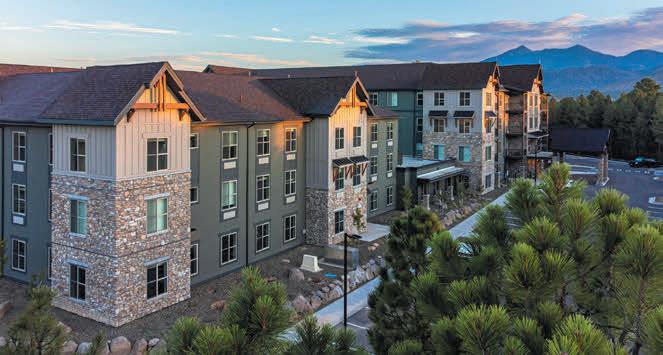

He was born in Connecticut, where he learned to play the violin, his first instrument. Next came the trombone. After high school, he went to New York City, where he joined a musicians’ union, Local 802 American Federation of Musicians (AFM), which is still going strong.
He and his friends were part of the “big band” era, music that originated during the early 1910s and dominated jazz in the early 1940s. Harry’s band played for radio broadcasts and toured during the summer, including playing the entire 1941 season at Grossinger’s Catskill Resort Hotel. The hotel was the largest of the “Borscht Belt” resorts, a group of kosher establishments that catered mainly to Jews from New York City, and was the inspiration for “Kellerman’s Mountain Resort” in the 1987 film “Dirty Dancing.”
“The big band era was what he loved,”
Esther Shapera told Jewish News in an email.
Esther and Harry met in 1942, the year after he played at Grossinger’s. He auditioned for Louis Leo Prima, a famous jazz musician and bandleader, who asked him to join his band. As exciting as that offer was, Harry went in a very different direction when he took an offer from the U.S. Army instead. Stationed at Fort McClellan in Alabama, he played for boat launchings, officer dances and War Bond tours, even once playing an event where Bob Hope was the lead entertainer. His decision to join the Army also led him to Esther, who had been asked by his cousin to write letters to Harry. The two might never have become an item if not for the Army and the letters. They really got to know and love each other when Harry was on furlough. In fact, it only took Harry four furloughs to take the momentous step of asking for Esther’s hand in marriage. On his fifth leave of absence during July 1945, the two were married.
By December, Harry was newly married and discharged from the Army. He had taken over his father’s hardware business as well and “his playing with bands took a backseat,” Esther said. Music was still in his blood, and he continued to perform on weekends “and whenever else he could manage.”
In 1956, he sold the business and took a piano tuning course in New York, which “came in very handy when he had a gig in a hotel or country club and the piano there was so badly out of tune that he was able to tune it,” Esther said.
The couple moved to Phoenix in the fall of 1977, and Harry got a band together, playing at a number of country clubs in Phoenix and Scottsdale. Over the course of his life, Harry built an enormous collection of sheet music, including Jewish music. He passed away in 2003.
“I have been holding on to this Jewish music for 20 years until I saw (Jewish News’) article about the Klezmer Institute and realized that Christine and Max had a real love for this music,” Esther wrote. (On an unrelated note, she told Jewish News that her granddaughter is married to the son of Flo Eckstein, the former owner and publisher of the newspaper.)
"SHE HAD SO MUCH TO SHARE ABOUT HER HUSBAND’S LIFE THAT WAS RELATABLE TO ME BECAUSE HE ALSO HAD A NON-MUSIC CAREER BUT MUSIC WAS ALWAYS SOMETHING HE WAS ABLE TO DO AT A PROFESSIONAL LEVEL."MAX SCHWIMMER

When Christina Crowder received Esther’s email, she realized she would be better served at the local level, which is why Max Schwimmer, leader of the Little Chef Klezmer Band, visited Esther in her home.
“I wasn’t sure what to expect, so I was a little hesitant,” he admitted to Jewish News. After all, he was preparing for his upcoming wedding and Esther lived quite a distance from him. She is also 100 years old, and he wasn’t sure that his visit wouldn’t overwhelm her.
Though he dragged his feet a bit at first, once he met Esther in person and she told him stories of her husband and his history as a musician, especially in the big band era, Schwimmer didn’t want the conversation to end. “She was amazing,” he said.

synagogue, perhaps for a pianist who wasn’t familiar with the music.”
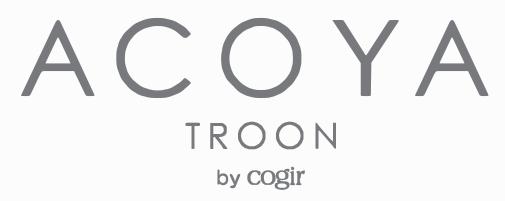
“She had so much to share about her husband’s life that was relatable to me because he also had a non-music career but music was always something he was able to do at a professional level. Plus, he was playing the same type of music that I’m interested in; I just connected with that. It obviously meant a lot to her to be able to share it with somebody,” Schwimmer said.
He’s posted about the experience on social media and friends from deeper inside the klezmer world have asked him to send them scans for their review. His band plays some of the same songs in Harry’s collection but uses different musical arrangements and harmony lines. Once his wedding is over, he plans to experiment with some of what Esther gave him.
The music is now his to use, enjoy and protect.
“Harry would be so pleased to know that this music had found a real home,” Esther said. JN




In the realm of health awareness, certain topics often take center stage during designated months. March, for instance, marks Colorectal Cancer Awareness Month — a time to shed light on a disease that’s seeing a troubling rise in incidence, particularly among younger adults. The statistics are stark: while older adults have witnessed a decline in colorectal cancer (CRC) diagnoses, individuals under 50 are experiencing a nearly doubling of incidence rates since the early 1990s, a trend mirrored globally. By 2030, it’s estimated that about 15% of CRC cases will affect younger adults — a concerning trajectory.
The surge in colorectal cancer among younger demographics serves as a wakeup call, a reminder that this disease is not just a concern for the elderly. It’s a call to action for individuals of all ages to take proactive steps in safeguarding their health. But where do we start in the face of such a daunting reality?
Screening emerges as a cornerstone in the fight against colorectal cancer.


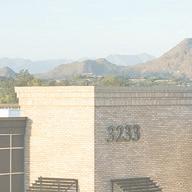
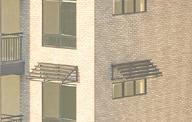






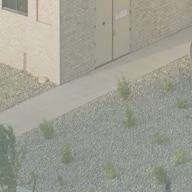
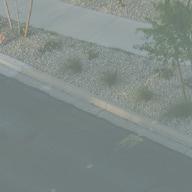
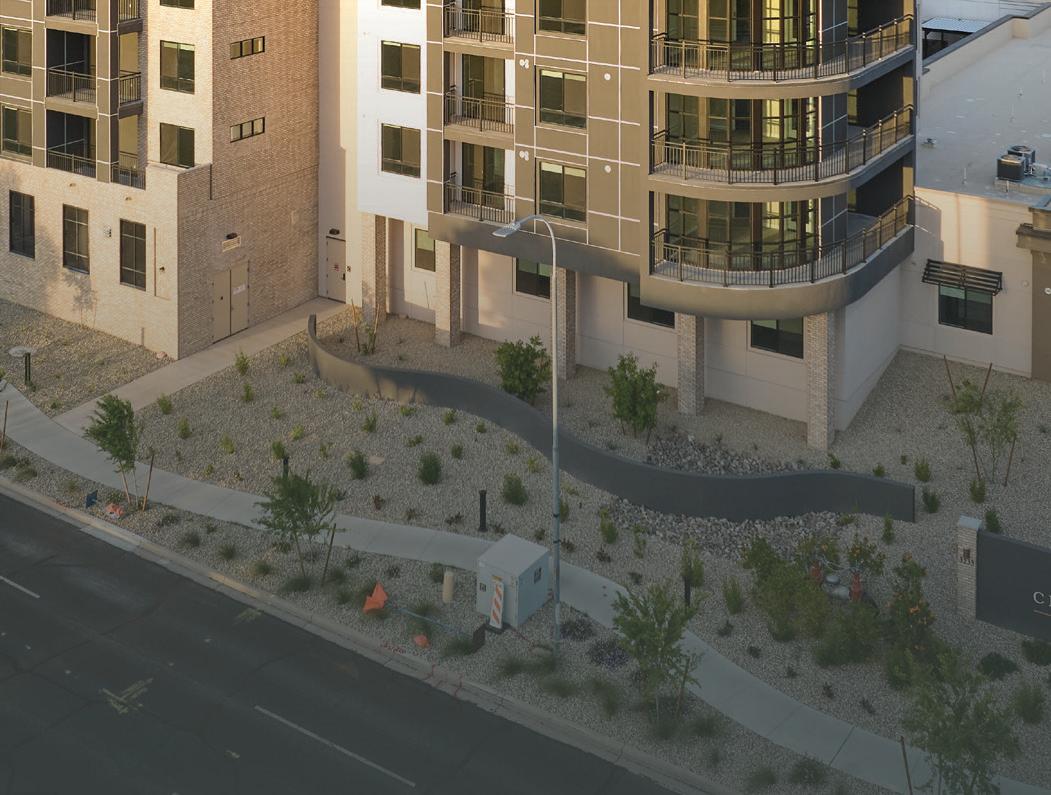

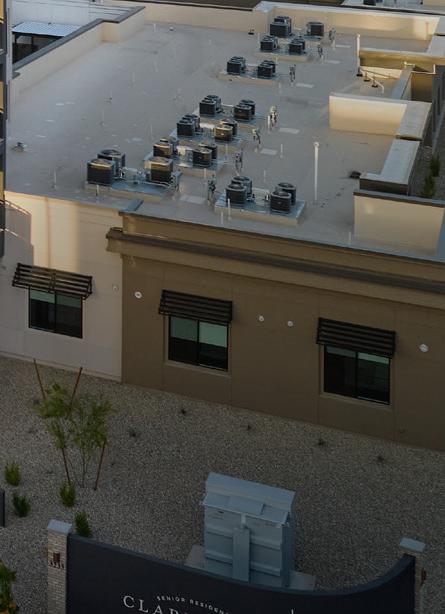


Traditionally recommended for individuals over 50, the rising incidence in younger adults underscores the need for broader screening initiatives. While screening methods such as colonoscopies may not be top of mind for younger individuals, they can be instrumental in early detection and prevention. Embracing screening guidelines tailored to individual risk factors and family history can be lifesaving.
Beyond screening, lifestyle factors play a pivotal role in colorectal cancer prevention. Diet wields significant influence. Incorporating a diet rich in fruits, vegetables, whole grains and lean proteins while limiting processed foods and red meats can contribute to a lower risk of CRC. Additionally, maintaining a healthy weight and engaging in regular
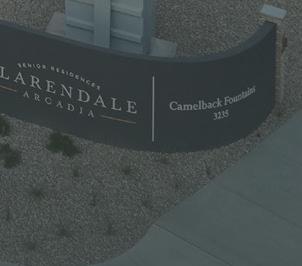
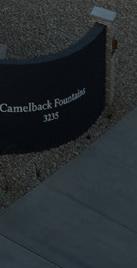
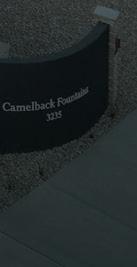



physical activity bolster overall health and diminishes the likelihood of developing colorectal cancer.
Genetic predisposition is another crucial aspect to consider. While family history may heighten one’s risk, genetic testing can provide invaluable insights into individual susceptibility. Armed with this knowledge, individuals can work with health care professionals to devise personalized prevention strategies, whether through more frequent screening or lifestyle modifications.
Amidst the sobering statistics, there is hope. Awareness campaigns, advances in medical research and enhanced screening protocols offer glimmers of optimism in the fight against colorectal cancer. Moreover, the power lies in our collective action. By fostering a culture of health consciousness and proactive healthcare engagement, we can curb the upward trajectory of this disease.
As we navigate Colorectal Cancer Awareness Month and beyond, let us recommit ourselves to prioritizing our health. Let us advocate for comprehensive screening programs that encompass diverse age groups and risk profiles. Let us embrace healthy lifestyle choices that serve as potent shields against colorectal cancer. Let us leverage the knowledge gleaned from genetic testing to forge personalized paths to prevention.
Remember that while the challenges posed by colorectal cancer are formidable, they are not insurmountable. Through education, awareness and concerted action, we can stem the tide of this deadly disease. Together, let us pave the way towards a future where colorectal cancer is not a looming threat but a conquerable foe. JN
Bob Roth is the managing partner of Cypress HomeCare Solutions.

Big-time fraudsters Sam BankmanFried and Bernie Madoff are practically household names after hoodwinking billions of dollars from thousands of victims and generating hundreds of national and international headlines for several years. Although most scammers, even if caught, will never get that kind of media attention, they can still cause immeasurable financial and psychological damage to their victims.








480-209-7887
https://silver-aide.com
support4you@silver-aide.com


other members, Young gathered Federal Trade Commission (FTC) materials and used her own email inbox to illustrate her

WHAT INSPIRES ADVENTURE? A beautiful setting?
Great conversations? Enhanced vitality? New passions?
That reality is why Sun City’s Temple Beth Shalom of the West Valley’s (TBS-WV) Sisterhood asked Dan Phelka, a Greater Phoenix computer consultant who gives talks on how to avoid scams, to speak at a luncheon on Monday, Jan. 15. Unfortunately, two days before the event was to unfold, Phelka was hospitalized after suffering a heart attack.
“A lot of elderly people are taken advantage of, especially women after losing their husbands,” Sisterhood Treasurer Sara Jane Feldman told Jewish News.
“It’s really important to make people aware of these scams, especially new widows,” she said.
Find out for yourself at our March Open House! Get a taste of our celebrated hospitality with chef-prepared appetizers and refreshments. Tour our wonderful grounds, amenities & homes while meeting some of our enthusiastic residents along the way.
OPEN HOUSE | SATURDAY, MARCH 23 rd
10:00AM-12:00PM
To RSVP, call 602.635.2602.
Despite this distressing situation, the membership decided it was too important of a topic to postpone and Shari Young, a Sisterhood member, stepped into Phelka’s place. With the help of
VIBRANT RETIREMENT LIVING
Barbara and Howard Kirschner were in the audience on Monday. They have a disabled family member who was scammed “and lost every penny.” They both personally get so many emails they’ve set up a separate address they give out only to close friends and family, in hopes it can inoculate them from some of the more pernicious email scams.
LaSienaSeniorLiving.com
602.635.2602
Young handed out FTC materials warning about a variety of phishing scams, a common type of cyber attack that targets people through fraudulent

solicitations and phone such as bank the scammer business
She used instruct discern legitimate ones, showing cursor over to disclose posed links the language
The audience ences with adding of pride marker,
“They’re exclaimed 10-25 per “If you’re gets really
The FTC ples of email, including activity, with payment invoices.
messages believe it
Young thing to is “just delete call is from answer it.”
Good seated in but if it wouldn’t of fraud
People
Dana Evan and used buying gift had luckily for that
Those article describing victims bank accounts.
“I told my that they will never these messages,”
Sharon her son suspicious her screen “Computers and it can Goldstein.
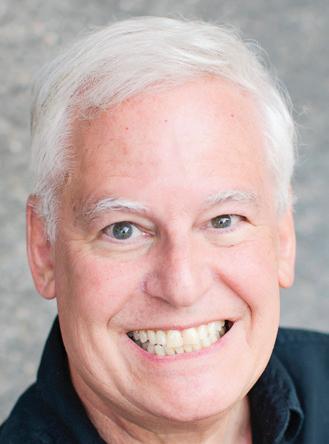
With more than 500 productions under his belt, M. Seth Reines will direct Disney’s “Beauty and The Beast Live in Concert” at the Chandler Center for the Arts on March 22 and 23 in conjunction with Showtune Productions.
Reines traces his attraction to the theater back to high school when he went to see a production of “Merchant of Venice.” “I went back to my English teacher and asked if I could rewrite Shakespeare to make it less antisemitic,” he said.
The result was a 20-minute courtroom trial that condensed the story and was more sympathetic to Shylock, the Venetian Jewish moneylender and the play’s principal villain.
Growing up in Athens, Georgia in the
1950s and ‘60s, Reines could not join some of the clubs in high school because he was Jewish. When he started college at the University of Georgia, he solidified his Jewish identity by becoming president of Hillel.
He majored in pre-law with a minor in public relations and after his freshman year, he got a summer internship with Pittsburgh Plate Glass in its public relations department. They liked his ideas and advised him to get his bachelor’s degree in whatever he wanted but “not to take any more PR courses,” and come back and work for them.
“When I went back to college, I started looking around for courses to take and I took a theater course,” he said. “It was stagecraft, building sets and things, and I fell in love with it, and it changed my whole direction.”
Although he said he’s “semi-retired” Reines, 77, is the artistic director at Phoenix-based Showtune Productions with his partner, JR McAlexander,
Showtune’s executive director, who started the business in 2010. They moved to Arizona in 2001 to open the nowclosed Broadway Palm Dinner Theater in Mesa.
Showtune has presented productions at the Chandler Center for the Arts before, including “New Year’s Eve Celebration: Best of Broadway” for the last three years. So, after a trip where McAlexander and Reines saw an “in concert” production, where the orchestra performs on the stage, at Encores! theater in New York, they pitched the idea to the Chandler center.
“So, we’re doing it for the first time,
for three performances in March, and using diverse, local talent, a live orchestra, animated scenery, full costumes and choreography,” said Reines. “The only thing it doesn’t have is huge scenery because we have an orchestra on the stage.”
He said one advantage of not having a lot of scenery on stage is that it allows the audience to use their imagination to fill in the gaps. But on the other hand, it’s such a familiar story that the audience has certain expectations that Reines hopes to meet, even though he is putting his own spin on things.
“We have a live storyteller at the

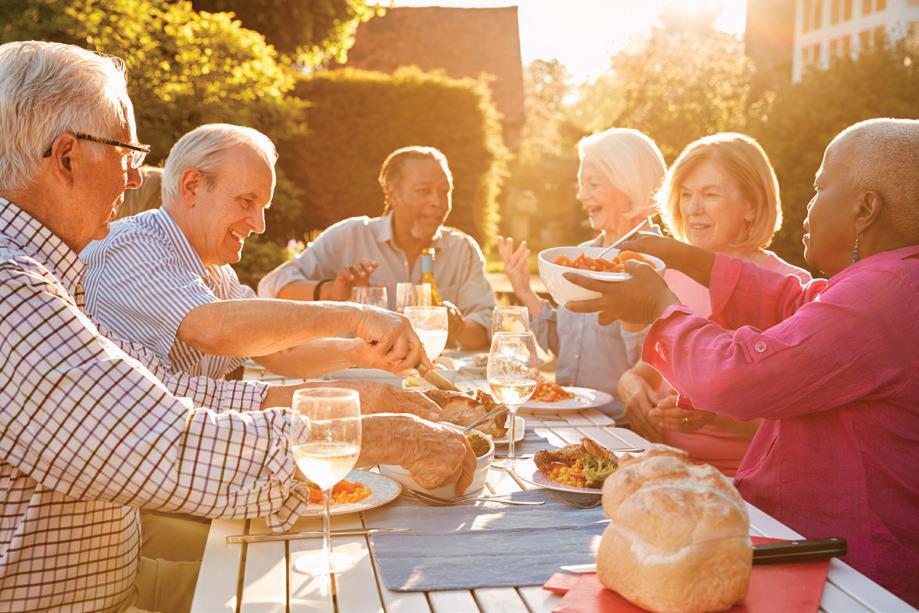

beginning and some of the costumes and choreography are a bit more contemporary,” he explained. “We found this incredible mask designer who designed and built the mask for the Beast because I didn’t want to deal with prosthetics.”
He also mentioned that since schools and community theaters cannot afford extravagant scenery, many companies have produced animated equivalents. And since Disney does not allow use of its animation, Reines will use another company’s art in his production.
One animated piece that is a focal point in the show is the enchanted rose. The flower was brought to the castle by an enchantress disguised as a beggar woman in search of shelter from a storm. When the selfish prince refused to help her, she transformed him into Beast and all his servants into household objects. If he could learn to love and be loved in return before the last petal fell off the bewitched rose, the spell would be broken.
“We found an animation company that created this rose stained glass projection where the petals will drop when we’re in those scenes,” he said. “This prop is usually not that big, so this can be seen more easily by the whole audience.”
Reines said Showtune was “very lucky” because right after they signed the


contract to do the show, Disney stopped granting rights to future “Beauty and the Beast” productions across the country because they are coming out next year with a two-year tour.
“The story of ‘Beauty and the Beast’ goes back to the 1700s,” said Reines. “It’s a story of acceptance and seeing inner beauty. I remember my father telling me that beauty was only skin deep, and that’s what I think about when I go into rehearsal for this show.” JN
For more information, visit chandlercenter.org.
62+


Available 6 months, May-October
Gorgeous 15th floor views
Furnished, renovated 2 bed/2 baths, one a study Activities, Movies, Concerts, Pool/spa, Valet Parking Gourmet Dining Room
mtendy@comcast.net ▪ 484-883-1316





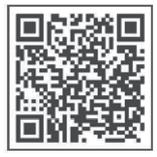


Significant changes are coming to the estate tax law that can impact how much you can leave to your heirs without incurring tax. Estate taxes are taxes owed to the state and/or federal government after you die and before you can transfer your assets to your heirs. The tax, fortunately, is not on the entire estate but rather on the portion of your estate that exceeds a certain minimum amount. This minimum amount is set by the government and changes over time. Because estate tax laws are constantly changing, it is important to keep note of these changes so you understand what taxes your heirs may be liable for paying upon your death.
What is an estate? Your estate is your real estate, cash, stocks, bonds, retirement, life insurance, annuities and tangible assets like vehicles and jewelry. The value of these items is based on their fair-market value at the time of death, not on what was paid for the asset. If you purchased a home in Paradise Valley in the 1990s, it has greatly appreciated in value. This appreciated value is included as part of your estate and may cause you to be subject to an estate tax.
The good news: Arizona does not have an estate tax. That means there is no state tax due upon the death of Arizona residents, regardless of the size of the estate. In contrast, Illinois, New
AS OF JAN. 1, 2026, THE ESTATE TAX EXEMPTION IS TO REVERT TO PRE-2017 LEVELS. THE CONGRESSIONAL BUDGET OFFICE ESTIMATES THE NEW EXEMPTION AMOUNT WILL BE $6.4 MILLION IN 2026.

York, Massachusetts and other states tax estates upon death. The sizes of the estates subject to this tax vary widely and generally range from as low as $1.7 million (Rhode Island) to $6.94 million (New York).
The bad news: The federal government has an estate tax. The federal estate tax was first enacted in 1916 to generate revenue for the government. Over the years, it has undergone various changes in exemption limits and rates. The Tax Cuts and Jobs Act (TCJA) in 2017 made significant changes to the estate tax laws, doubling the amount of the estate tax exemption. Currently, the federal government taxes estates that are over $13.61 million for a single person and $27.2 million for a married couple. This means that there is no federal tax for those who have less than $13 million in assets or $27 million for couples. For those who do exceed these limits, they pay a 40% federal estate tax on all assets over and above these limits.
The current high estate tax exemption means not many people are worried.
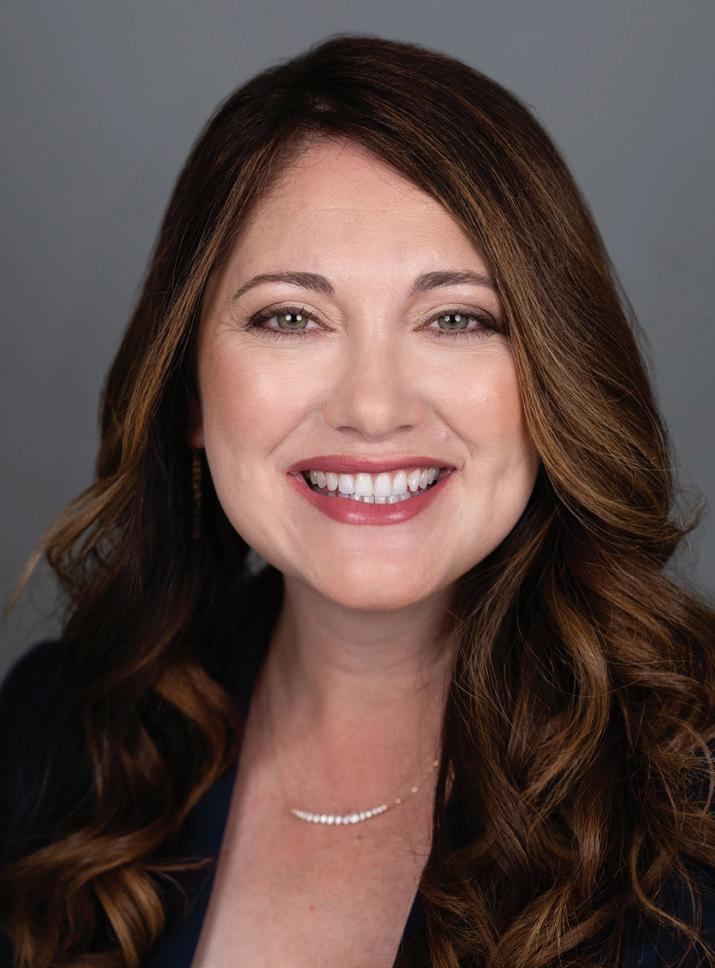
However, the current estate tax exemption laws are set to sunset on Dec. 31, 2025. As of Jan. 1, 2026, the estate tax exemption is to revert to pre-2017 levels. In 2017, the estate tax was applied to estates that
Joel has a broad corporate practice including income tax planning and business law aspects of business transactions, including business formation, operation, sale and merger of corporations, partnerships, limited liability companies, joint ventures and strategic alliances, as well as Section 1031 tax-deferred exchanges. In addition, Joel represents company founders and other entrepreneurs on a broad range of personal planning matters, with an emphasis on wealth transfer and succession strategies.
Estate planning clients find Joel highly experienced in a broad range of estate planning matters, including estate taxation, retirement planning for qualified and non-qualified retirement plans, wealth preservation and wealth transfer strategies, asset protection planning, and planning for non-traditional families. Joel is also experienced in the creation and administration of a wide variety of trusts including revocable living trusts, irrevocable life insurance trusts, special needs trusts, family limited partnerships, family limited liability companies, asset protection trusts and charitable remainder trusts.
Contact Joel today at jheriford@bcattorneys.com or 602.234.8788.


were over $5.5 million for an individual and $11 million for a married couple. These amounts may be adjusted for inflation, but at a minimum the estate tax exemption will be halved, absent action by Congress. The Congressional Budget Office estimates the new exemption amount will be $6.4 million in 2026.
Why this is important?
1. Single people with more than $5.5 million in assets (including a house and life insurance) are at risk of paying a 40% tax on all assets over $5.5 million.
2. If an estate tax is due, the payment should be made on or before the original filing deadline for the return. This could mean some assets need to be liquidated quickly to pay the taxes.
3. The IRS can take up to three years to advise they have accepted the return or will perform an audit. During this timeframe, most, if not all, assets must be maintained and are not to be distributed to the heirs. This can increase the costs of the estate administration and frustrate heirs who are not able to access the inheritance. More upsetting, those who were relying upon their parents for support (e.g.,
minors and those in college) may lose this support during this time frame.
What can be done?
1. Charitable giving. Donating to charity to offset any estate obligations is an easy way to fulfill philanthropic goals.
2. Irrevocable trusts. Create an irrevocable trust to hold the assets. This creates an irrevocable gift and takes the assets out of the estate. It can have significant tax benefits but is rarely changeable, so proceed with caution.
3. Irrevocable Life Insurance Trust (ILIT). Purchase life insurance and hold it in an irrevocable trust for the primary purpose of being used to pay any taxes owed. This is an easy way to ensure there is liquidity to pay the taxes and is especially important for those with estates that are heavy in real estate or other illiquid assets. JN
Allison L. Kierman is the managing partner of Kierman Law, PLC, an estate planning law firm based in Scottsdale, Arizona. She also serves on the board of directors of Congregation Beth Israel. For information, visit kiermanlaw.com.














You may have recently begun hearing radio and social media advertising about the horrors of probate and the coming reduction in the estate tax exemption amount.
These fraudsters talk about probate taking years and costing tens of thousands of dollars upfront. And how the government is coming for your hard-earned wealth. Like most “fake news,” there is a germ of truth in each of these outlandish claims, but they will not impact most Americans.
As of January 1, 2026, the doubling of the estate tax exemption enacted by the Trump-era Tax Cuts and Jobs
Act (TCJA) of 2017 will expire. The expiration of this giveaway to the uberwealthy means that they will once again be subject to a 40% tax rate.
You will pay estate tax only on the amount above the Applicable Exemption Amount (projected to be about $7,000,000 per person). You do the math before worrying that Uncle Sam is coming for your hard-earned money.
Unlike a few years ago, you have up to five years after the death of the first spouse to act by filing an election for the Deceased Spouse’s Unused Exemption, DSUE or “portability.” Essentially, portability allows a deceased spouse’s
A MAJOR CONTRIBUTING FACTOR MAKING PROBATE PROCEEDINGS MORE TIMECONSUMING AND COSTLY IS WHEN SOMEONE DIES, LEAVING
unused estate tax exclusion amount to transfer to the surviving spouse. So, there is very little to worry about for most families, and contrary to the exhortations of the hucksters, no immediate urgency.
If you have accumulated wealth above those threshold amounts, you should seek competent advice about how the rules apply specifically to you and what you can do about it. If you are philanthropic, some charitable giving in relation to your taxable estate may avoid estate taxes altogether. There are many satisfying ways to be philanthropic and reduce your taxable estate. Consult your lawyer — they will either be able to discuss your specific situation or refer you to someone who can.
In Arizona, most uncontested probate proceedings, the legal process of validating and administering the will, last less than one year and can cost as little as $5,000 — a small price to pay to see that your intentions are carried out. Suppose your estate consists of a personal residence, a car or cars, a bank account, an investment account and a retirement account, in that case, the key factor dictating the time and cost of a probate proceeding is whether your descendants and loved ones will cooperate with one another.
A major contributing factor making

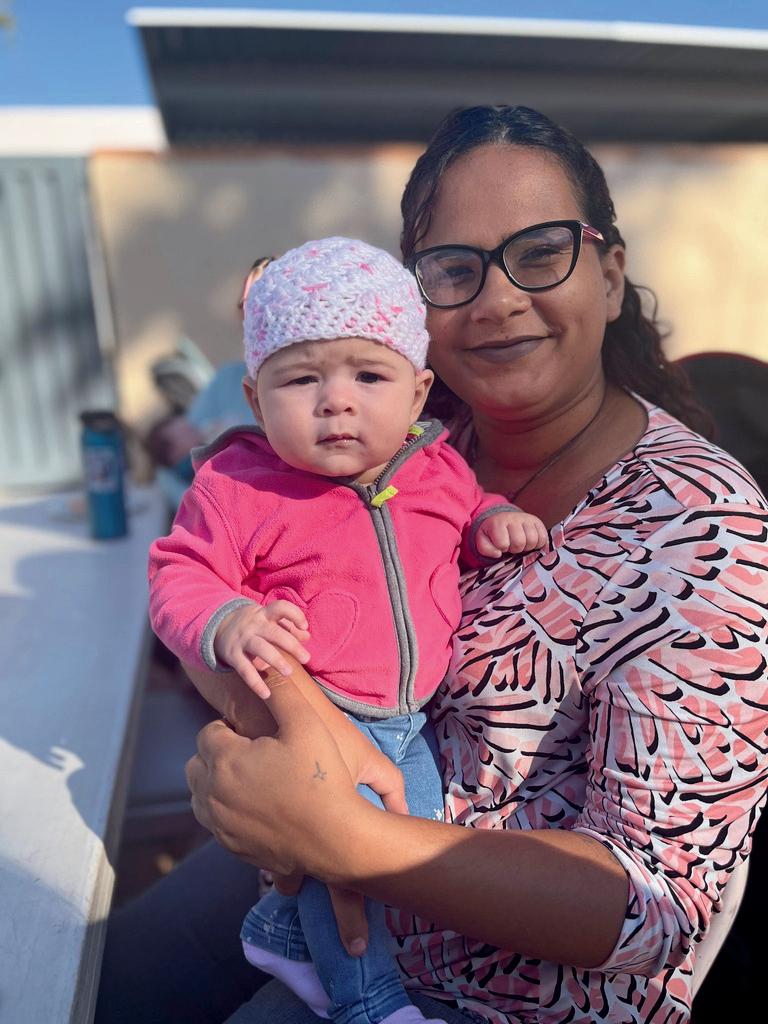

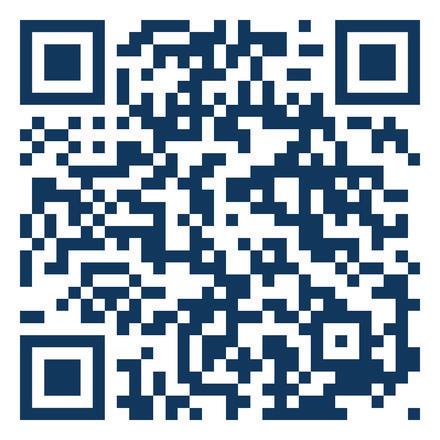



probate proceedings more timeconsuming and costly is when someone dies, leaving a second spouse, adult children from a prior marriage and a poorly conceived estate plan. Sometimes, this happens out of necessity and other times out of mistaken beliefs about the decedent’s importance in being the glue that kept peace in the family.
Real estate investments and small businesses can also cause the time and expense of probate to increase, unless you have a well-conceived plan in place.
No one who has been successful in accumulating wealth should expect to learn about estate planning from advertising or Google searches because every estate and every family is different. By all means, read and study but wisdom comes only from the mouths and actions of the experienced teacher. Be careful; it is a perilous world of estate taxation and passing on inheritances. JN
Mark Bregman is a trust and estate lawyer at Dyer Bregman Ferris Wong & Carter, PLLC with more than 40 years of experience advising families. For more information, visit dbfwclegal.com/ markbregman/.







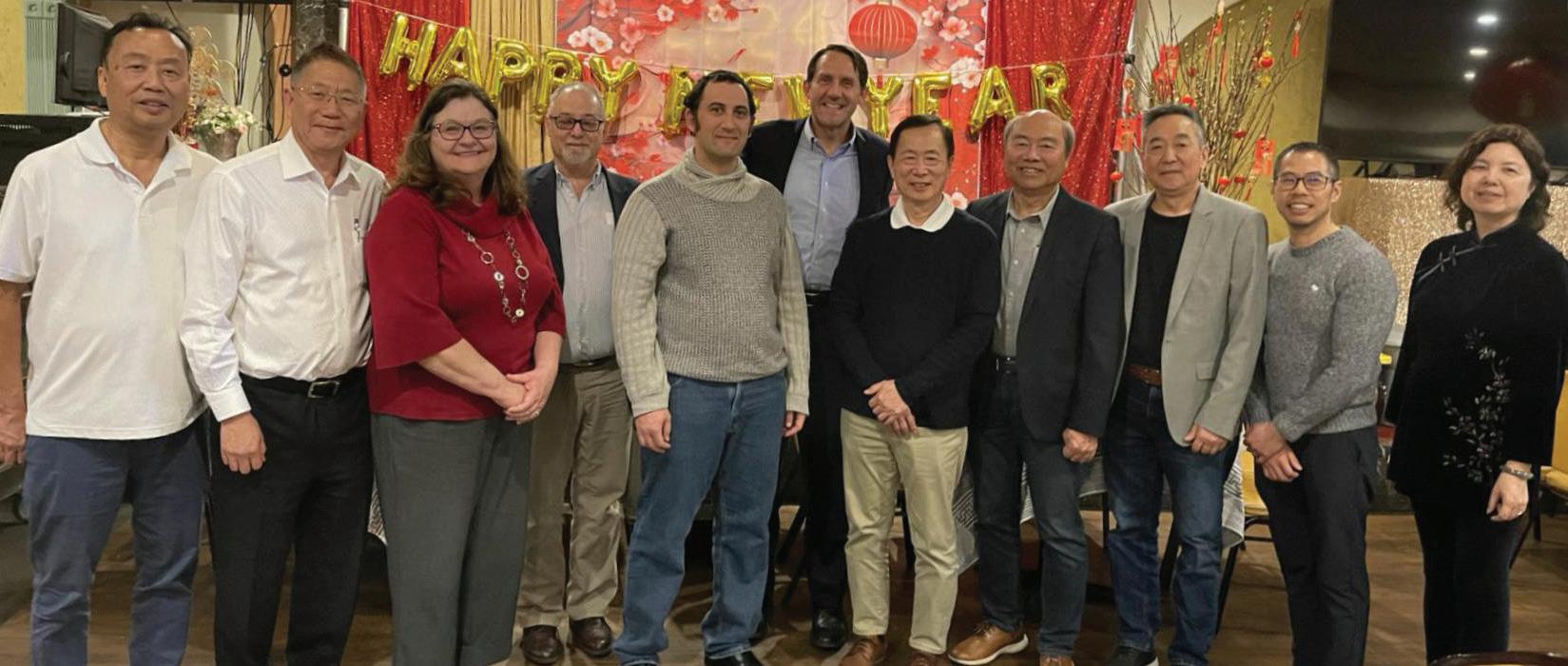
To celebrate jointly the Lunar (Chinese) New Year, several Chinese organizations (Chinese Chamber of Commerce, Chinese Restaurant Association, United Chinese Americans and Chinese News) invited Jewish organizations (Jewish Community Relations Council of Greater Phoenix, Anti-Defamation League Arizona and Jewish News) to a special holiday dinner at the Great Wall Restaurant in Phoenix on Tuesday, Feb. 13.
OF
Temple Beth Shalom of the West Valley Cantor Baruch Koritan, center, Sharon Friendly, left, and Jo Anne Magden, right, performed Broadway musical hits from across the decades on Sunday, Feb.
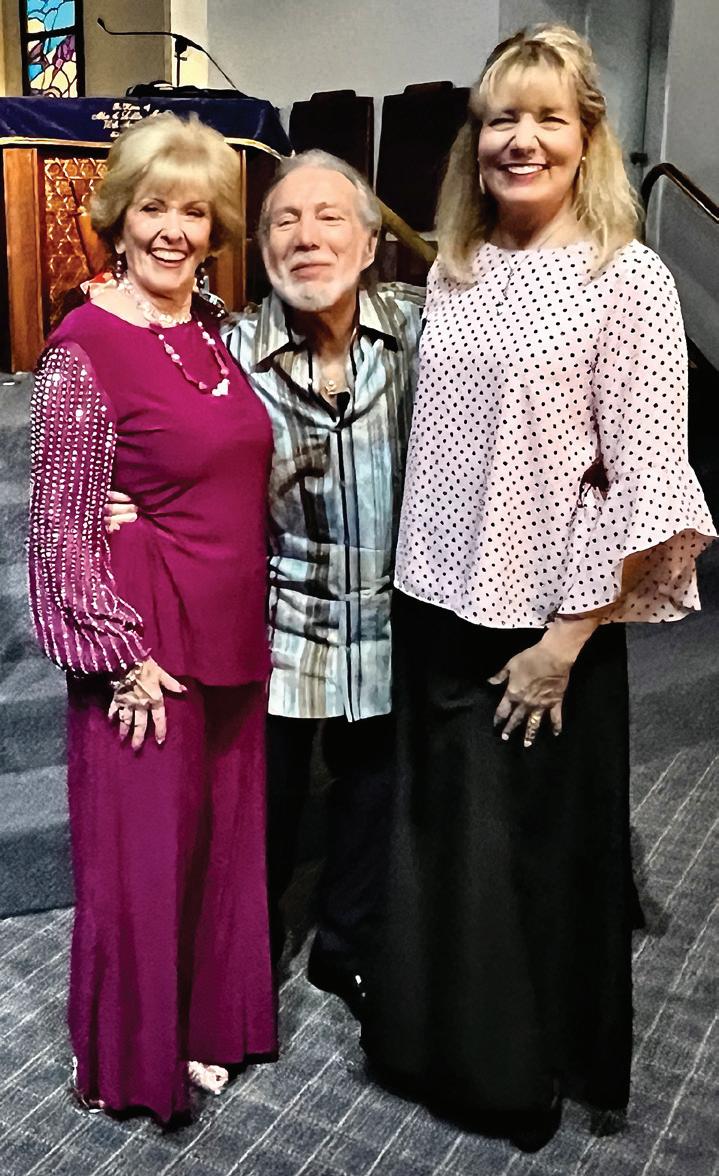

About 240 early childhood teachers gathered at the Ina Levine Jewish Community Campus on Friday, Feb. 16 for the Bureau of Jewish Education of Greater Phoenix’s early childhood educator’s conference.
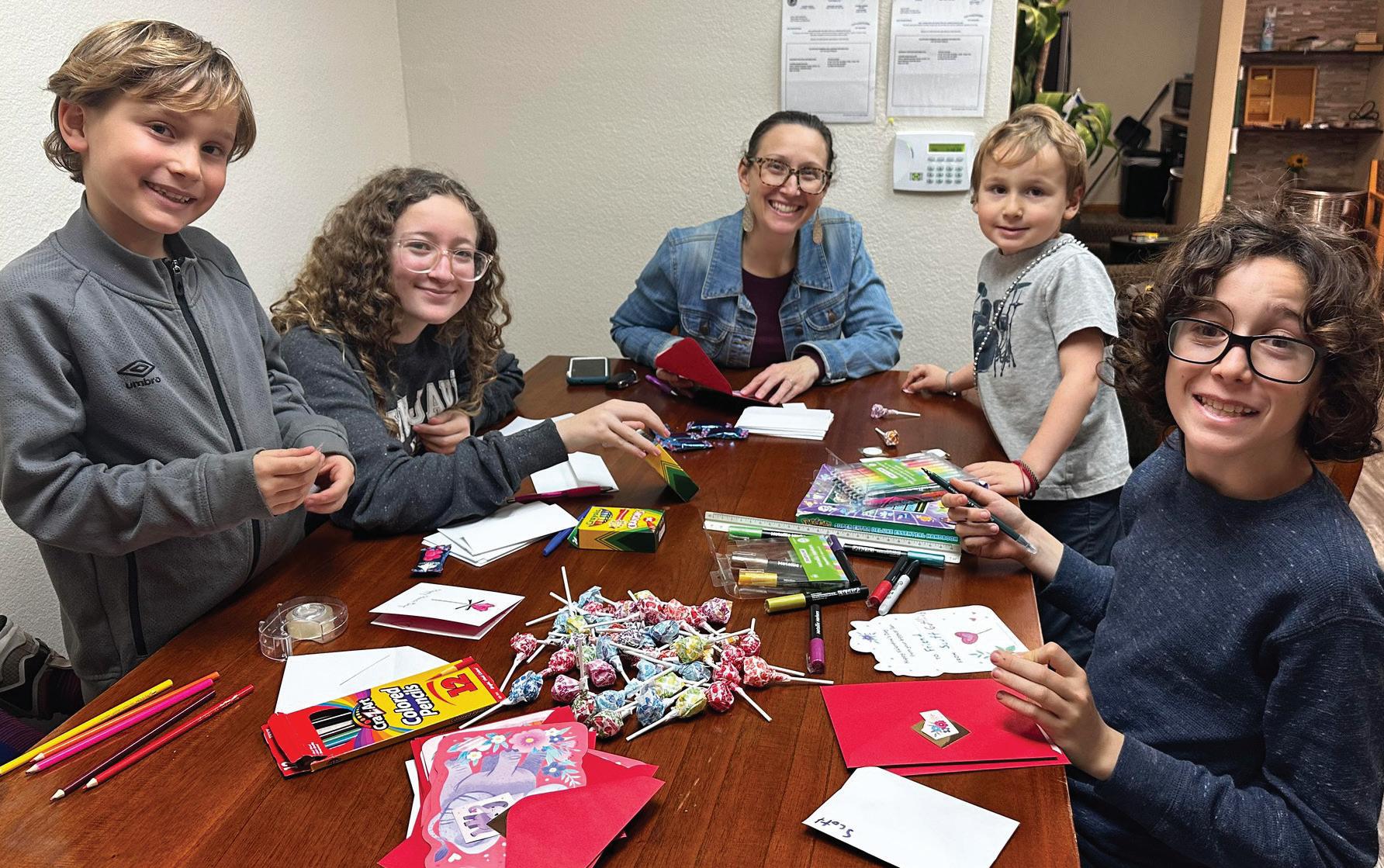
On Thursday, Feb. 8, volunteers with Arizona Jews for Justice made 300 cards they then delivered to senior citizens who are experiencing illness.

On Sunday, Feb. 4, Beth El Phoenix’s preschool students ran laps for 30 minutes. Each minute a student ran, hopped or skipped raised money for the next school year.
This COMMUNITY page features photos of community members around the Valley and the world. Submit photos and details each week to editor@jewishaz.com by 10 a.m. Monday.
Purim Story Walk:
10 a.m.-12 p.m. Ina Levine Jewish Community Campus, 12701 N. Scottsdale Road, Scottsdale. Join the Bureau of Jewish Education of Greater Phoenix, Pardes Jewish Day School and PJ Library for a Purim carnival and live-action story walk. Cost: Free. For more information, visit bjephoenix.org.
SUNDAY MARCH 10
Descendants’ Forum with Jay Levinsohn: 11 a.m. Online. Join the Phoenix Holocaust Association for a Zoom discussion by Jay Levinsohn on the rescue of 1564 Torah scrolls from the Czech Republic to London. Cost: Free. For more information, visit phxha.com/events/ descendants-forum-with-jay-levinsohn.
Tropical Zion: The Jews of Sosua, Dominican Republic: 2 p.m. Online. Join Beth Ami Temple for a Zoom presentation by Dan Fellner, a faculty associate at Arizona State University who specializes in writing about unique Jewish communities across the world. Cost: $40. For more information, visit bethamitemple.org.
Chabad of Arizona Annual Gala: 6-9 p.m. Address provided upon registration. Join Chabad of Arizona for their annual fundraiser honoring Yehoshua and Chaya Bedrick with the Community Service Award and Yirmy and Tzirel Lite with the Kesser Shem Tov Award. Cost: $250 per person. For more information, visit chabadaz.com.
MONDAY MARCH 11
Purim Talk: 10 a.m. SCW Foundation, Grand Canyon room, 14465 W. RH Johnson Blvd., Sun City West. Join the Tikvah West Valley chapter of Hadassah for a presentation on Purim with Hazzan Lev Ettelson, spiritual leader of Beth Emeth Congregation in Sun City West. Cost: Free; donations appreciated. For more information and to RSVP, contact Judi Bourd at zadie3@aol.com.
Movie Club: 1-3 p.m. Valley of the Sun Jewish Community Center, 12701 N. Scottsdale Road, Scottsdale. Join the VOSJCC for a showing of “The Meyerowitz Stories.” Snacks will be served. Cost: $!5; $10 VOSJCC members. For more information, visit vosjcc.org/program/ movie-club-the-meyerowitz-stories.
American Jewry Today and Tomorrow: Challenges, Opportunities, Crises: 7-9 p.m. Online and in-person at Temple Chai, 4645 E. Marilyn Road, Phoenix. Join ASU Jewish Studies and Temple Chai for a presentation by Arnold Eisen, professor at Jewish Theological Seminary in New York. Cost: Free. For more information, visit jewishstudies.asu.edu/jsAmericanJews.
In the Haunted Present: Jews in a Non-Jewish World: 7-8:30 p.m. Online and in-person at Congregation Or Tzion, 16415 N. 90th St., Scottsdale. Join Valley Beit Midrash and Or Tzion for the Hammerman Family Lecture featuring Dara Horn, award-winning author of six books. Cost: $18; free for VBM and Or Tzion members. For more information, visit valleybeitmidrash.org.
TUESDAY, MARCH 12
Life and Art of Camille Claudel: 10-11:30 a.m. East Valley Jewish Community Center, 908 N. Alma School Road, Chandler. Join the EVJCC and Phoenix Art Museum docent Cathie Rubins for a presentation about French sculptor Camille Claudel. Cost: Free. For more information, visit evjcc.org/tuesdays.
Avoiding Scams: 1:30-3:30 p.m. Valley of the Sun Jewish Community Center, 12701 N. Scottsdale Road, Scottsdale. Join the VOSJCC for a presentation by the Scottsdale Police Department on phone fraud, computer fraud and the do’s and dont’s of avoiding scams. Cost: $18; free for VOSJCC members.
SATURDAY, MARCH 16
Let’s Dance: 7-10 p.m. Imperial Ballroom Dance Company, 7077 E. Bell Road, Scottsdale. Join Brandeis National Committee – Phoenix Chapter for an evening of dancing with DJ Teffanie spinning tunes from the ‘50s, ‘60s and ‘70s. Includes sandwiches, snacks and desserts plus wine and water. Cost: $40. For more information, visit brandeisphoenix.org.
SUNDAY MARCH 17
Fraud Awareness and Protection: 9:30 a.m. Poolside building at Oakwood Country Club, 24218 S. Oakwood Blvd., Sun Lakes. Join the Jewish War Veterans Post 619 for a safety presentation by Joyce Petrowski, owner of Resources/Outreach to Safeguard the Elderly (ROSE). Cost: Free. For more information, contact Elliott Reiss at ElliottBarb@q.com or 480-802-3281.
The Jewish History of Pickling: Make Your Own Pickle: 2-8 p.m. Pardes Jewish Day School, 12753 N. Scottsdale Road, Scottsdale. Join Jeffrey Yoskowitz, food entrepreneur, pioneer in the Jewish food revival and thought leader in the world of food and culture, for a presentation on pickling. Part of the Bureau of Jewish Education of Greater Phoenix’s Passages Series. Cost: $20. For more information, visit bjephoenix.org/programs/passages.
MONDAY MARCH 18
Mystery Writers Speak at Sisterhood Luncheon: 12-2 p.m. Temple Beth Shalom of the West Valley, 12202 N. 101st Ave., Sun City. Join TBSWV for a program featuring mystery writers Ann I. Goldfarb, writing as J.C. Eaton, and her husband, James E. Clapp. Cost: $15; $12 for TBSWV members. For more information, visit tbsaz.org.
WEDNESDAY, MARCH 20
Stand Up for Israel: 7 p.m. House of Comedy, 5350 E. High St. #105, Phoenix. Join comedians Aaron Berg, Judy Gold and Rich Vos for a show benefiting the Friends of the Israel Defense Forces. Cost: $55-$85. Show is for ages 16 and over. For more information, visit aztickets. houseofcomedy.net.

THURSDAY, MARCH 21
Purim happy Hour: 6-7:30 p.m. Valley of the Sun Jewish Community Center, 12701 N. Scottsdale Road, Scottsdale. Join the VOSJCC for a casual happy hour for young adults ages 21-45. Costumes are optional, but there will be a prize for most spirited Purim attire. Cost: $18. For more information, visit vosjcc.org/program/ purim-happy-hour.
Information Session: 6:30 p.m. Albert Einstein Academy, 8250 E. Rose Lane, Scottsdale. Join Albert Einstein Academy, a new charter school enrolling grades K-4 for the 2024-2025 school year, for information on what the school offers. Cost: Free; registration required. For more information, visit aeaz.org.
SUNDAYS
B.A.G.E.L.S: 9-11 a.m.; last Sunday of the month. Valley of the Sun Jewish Community Center, 12701 N. Scottsdale Road, Scottsdale. Grab a bagel and a cup of coffee at Bagels And Gabbing Every Last Sunday and enjoy some time with your friends and make new ones. You must register to attend. Bagels and coffee will be provided. Cost: Free for members, $5 for guests. For more information and to register, visit vosjcc.org.
THURSDAYS
Storytime at Modern Milk: 9:30 a.m. Modern Milk, 13802 N. Scottsdale Road, #163, Scottsdale. Storytime for babies, toddlers and preschoolers. Integrates children’s books and songs while giving parents new ideas for play. Cost: $5. For more information and to register, visit modernmilk.com/after-baby.
SUNDAYS
Chassidus Class: 9 a.m. Online. Learn about the Chasidic movement with Rabbi Yossi Friedman. Cost: Free. For more information, visit chabadaz.com.
Jewish War Veterans Post 210: 10 a.m. Online. Any active duty service member or veteran is welcome to join monthly meetings, every third Sunday. Cost: Free. For more information, email Michael Chambers at c365michael@yahoo.com.
Sundays are for the Family Weekly Feed: 3-5 p.m. Tempe Beach Park, 80 W. Rio Salado Pkwy., Tempe. Join Arizona Jews for Justice and AZ HUGS for the Houseless every Sunday to serve food to those in need. For more information and to RSVP, email Arizonajews4justice@gmail.com.
MONDAYS
Mahjong: 1:30-3:30 p.m. East Valley Jewish Community Center, 908 N. Alma School Road, Chandler. Come play mahjong each week. For
all levels. Cost: Free; registration required at evjcc.org/mahjong/.
Learning to Trust in God: 7:30 p.m. Online. Learn with Rabbi Yossi Friedman. Use this link: ChabadAZ.com/LiveClass. Cost: Free. For more information, visit chabadaz.com.
Torah & Tea: 7:30 p.m. Online. Learn with Rabbi Yossie Shemtov. Cost: Free. For more information, visit Facebook.com/ChabadTucson.
Single Parent Zoom: 8 p.m. First and third Monday of every month. Join The Bureau of Jewish Education’s Family University single parents’ group for those looking to form friendships and build their support system with likeminded people. For more information or to register, visit bjephoenix.org/family-university.
TUESDAYS
Let’s Knit: 1:30 p.m. Ina Levine Jewish Community Campus, 12701 N. Scottsdale Road, Scottsdale. Share the pleasure of knitting, crocheting, etc. outside the social hall in the campus. Can’t knit? They will teach you! Every level welcome. Cost: Free. For more information, visit vosjcc.org.
Maintaining an Upbeat Attitude: 7 p.m. Online. A class exclusively for people in their 20s and 30s, learn how Jewish Mysticism can help with your attitude with Rabbi Shlomy Levertov. Cost: Free. Use this link: JewishParadiseValley.com/YJPclass. For more information, visit chabadaz.com.
WEDNESDAYS
History of the Jews: 11 a.m. Online. Learn the Jewish journey from Genesis to Moshiach with Rabbi Ephraim Zimmerman. Cost: Free. Use this link: zoom.us/j/736434666. For more information, visit chabadaz.com.
Torah Study with Temple Beth Shalom of the West Valley: 11 a.m.-12:30 p.m. Online. Weekly study group explores that week’s portion and studies different perspectives and debates the merits of various arguments. Intended for adults, Torah study is open to students of all levels. For more information, contact the TBS office at 623-977-3240.
Torah Study with Chabad: 12 p.m. Online. Take a weekly journey of Torah with Rabbi Yossi Levertov. Cost: Free. For more information, visit chabadaz.com.
Lunch & Learn: 12:15 p.m. Online. Grab some food and learn with Rabbi Yehuda Ceitlin. Cost: Free. Get Zoom link by emailing info@ chabadtucson.com. For more information, visit chabadtucson.com.
JACS: 7:30-8:30 p.m. Online. Zoom support group for Jewish alcoholics, addicts and their friends and family on the first and third
Wednesdays of the month. Cost: Free. For more information, email jacsarizona@gmail. com or call 602-692-1004.
THURSDAYS
Ladies Torah & Tea: 10:30 a.m. Online. Learn about the women of the Torah with Mrs. Leah Levertov. Cost: Free. Use this link: ourjewishcenter.com/virtual. For more information, visit chabadaz.com.
Mindfulness Gatherings: 12 p.m. Online. Hosted by Hospice of the Valley via Zoom. Cost: Free. To join by phone, dial 1-253-215-8782, meeting ID 486 920 2119#, to get the Zoom link or for further questions contact Gill Hamilton at ghamilton@hov.org or 602-748-3692.
Weekly Mahjong: 1-3 p.m. Temple Solel, 6805 E. McDonald Drive, Paradise Valley. Join Temple Solel each Thursday afternoon for mahjong. Lessons available for beginners. Cost: Free. RSVP via email to dottiebefore@gmail.com so they know how many tables to set up.
The Science of Everything: 4 p.m. Online. Explore the most fundamental work of Chassidut: the Tanya, with Rabbi Boruch. Cost: Free. Use this link: zoom.us/j/736434666. For more information, visit chabadaz.com.
Teen Discussions: 7-8:30 p.m. Online. Learn with Rabbi Tzvi Rimler. Cost: Free. Use this link: cteen.clickmeeting.com/east-valley. For more information, visit chabadaz.com.
SATURDAYS
Saturday Mindfulness Gatherings: 9:30 a.m. Online. Hosted by Hospice of the Valley. To join by phone, dial 1-253-215-8782, meeting ID 486 920 2119#. To get the Zoom link or for more information, contact Gill Hamilton at ghamilton@hov.org or 602-748-3692.
Book Discussion: 1:30-2:30 p.m. Online. Join Or Adam Congregation for Humanistic Judaism on the third Saturday of every month for a book discussion. For more information and to register, contact oradaminfo@gmail.com.
Shabbat
FRIDAYS
Shabbat in the Park: 10-11 a.m. Cactus Park, 7202 E. Cactus Road, Scottsdale. Join the Bureau of Jewish Education of Greater Phoenix monthly for music, parachute play, crafts and a family Shabbat experience. For more information, visit bjephoenix.org.
Welcome Shabbat: 11-11:30 a.m. Online. Celebrate Shabbat with the JFCS Virtual Center for Senior Enrichment. Each week a different guest host will lead the program with song and celebration. Cost: Free. For more information, visit jfcsaz.org/cse.
Shabbat at Beth El: 11-11:45 a.m. Beth El Phoenix, 1118 W. Glendale. Ave., Phoenix. Celebrate Shabbat with songs, blessings and teachings with Rabbi Stein Kokin the first

Friday of every month. Special guests will be welcoming Shabbat during the remainder of the month. For more information or to join, visit bethelphoenix.com.
Erev Shabbat Service: 5:30 p.m. Online. Rabbi Alicia Magal will lead a service livestreamed for members of the Jewish Community of Sedona and the Verde Valley. Cost: Free. For more information and to obtain the Zoom link, visit jcsvv.org/contact.
Shabbat Services: 5:30 p.m. nosh, 6:15 p.m. service; morning service has varying dates and times. Temple Chai, 4645 E. Marilyn Road, Phoenix. For more information, contact Joan Neer at jneer@templechai.com.
Pre-Shabbat Kiddush Club: 6 p.m. Online. Say Kiddush with Rabbi Mendy Levertov. Cost: Free. Use this link: ourjewishcenter.com/virtual. For more information, visit chabadaz.com.
Shabbat Services: 6 p.m; 9:30 a.m. Congregation Or Tzion, 16415 N. 90th St., Scottsdale. Services are also live streamed at otaz.org/ livestream. For more information about services, events and membership, visit congregationortzion.org or call 480-342-8858.
Shabbat Services: 6:15 p.m; 10 a.m. Congregation Beth Israel, 10460 N. 56th St., Scottsdale. Services held in the Goldsmith Sanctuary. Participants must pre-register by Thursday at 5 p.m. Priority will be given to members first and then guests. If there are more requests than available seats a lottery system will be used. For more information or to make a reservation, visit cbiaz.org/shabbat-services.
Kabbalat Shabbat and/or Shabbat morning service: 6:30 p.m.; 10 a.m.; dates vary. Congregation Kehillah, 5858 E. Dynamite Blvd., Cave Creek. Join Rabbi Bonnie Sharfman and cantorial soloists Erica Erman and Scott Leader either in person or via Zoom. For safety reasons, please register ahead of time. For dates, visit congregationkehillah.org/event/. Register by emailing info@congregationkehillah.org.
Third Friday Shabbat: 7-9 p.m. Group meets at a North Scottsdale location. The Desert Foothills Jewish Community Association hosts a Shabbat service followed by a program. Contact Andrea at 480-664-8847 for more information.
Shabbat Services with Sun Lakes: 7 p.m. Sun Lakes Chapel, 9240 E. Sun Lakes Blvd. North, Sun Lakes. Sun Lakes Jewish Congregation conducts services on the second Friday of the month. For more information, contact 480-612-4413.
Shabbat Services with Beth Ami Temple: 7 p.m. Gloria Christi Federated Church, 3535 E. Lincoln Dr., Paradise Valley. Rabbi Alison Lawton and Cantorial Soloist Michael Robbins lead Shabbat services twice a month. For more information, visit bethamitemple.org. JN

passed away Sunday, Feb. 18, 2024, surrounded by family and close friends.
Charlotte was born in Cambridge, Massachusetts, on Dec. 9, 1943, and grew up in Pittsburgh, Pennsylvania. She met her husband, Norwin Landay, at the Hebrew Institute of Pittsburgh. They married on Aug. 25, 1962.
Charlotte received her bachelor’s degree from the University of Washington while living in Seattle. Upon graduating, she taught sixth grade at a local elementary school.
After living in various cities around the U.S., Charlotte and Norwin settled into Brooklyn Park, Minnesota, where they raised their sons Jeff and Larry.
In 1988, they moved to Scottsdale, where Charlotte was a realtor for Coldwell Banker.
Charlotte was wise and strong-willed. She was loved by many and known for giving heartfelt advice to friends and family over the years. She enjoyed bowling, playing blackjack, reading and doing puzzles.
Charlotte was an active member of the Jewish community and regularly attended services and social events.
She is survived by her spouse of 61 years, Norwin Landay; sons Jeff (Linda) and Larry (Sharon); grandchildren Sophia, Samantha, Matthew and Andrea. She was also a beloved aunt, cousin and great-aunt to many.
Charlotte’s funeral took place on Tuesday, Feb. 20 at Mt. Sinai Cemetery in Phoenix. Donations on her behalf can be made to The New Shul, Congregation Shomrei Torah or Friendship Circle of Arizona.

passed away peacefully at 92 years of age, with his daughters at his bedside, on Nov. 24, 2023. He was born on Feb. 15, 1931, in the Bronx to Abe and Molly Keizerstein, who preceded him in death along with his two older brothers Max and Stanley.
Jerry was a devoted husband to Phyllis for 65 years, whom he met at a dance hall. He was the consummate salesman, a job that was more fun than work for him, as he never met anyone that he couldn’t connect with, and people truly trusted him. He was always smiling and never said a harsh word about anyone.
passed peacefully on Jan. 9, 2024, at the age of 86. Dr. Wellek was born in Chicago and raised in Aurora, Illinois. He proudly graduated from the University of Illinois Medical School and after several internships headed to Mayo Clinic Graduate School of Medicine in Rochester, Minnesota for a career in internal medicine. It was the time of the Vietnam War and soon he was drafted into the U.S. Army ending up in Bremerhaven, Germany, for three years. At the hospital, Major Wellek found himself profoundly interested in treating the psychological wounds of American soldiers returning through Germany. He returned to Mayo deciding to earn a degree in psychiatry.
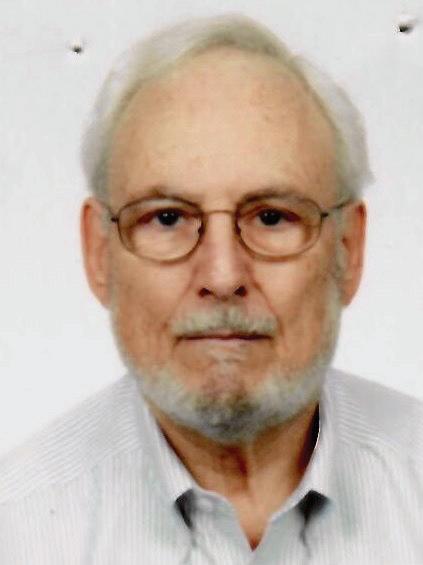
Dr. Wellek began practice in Phoenix in 1972, appreciating the leadership of Dr. Otto Bendheim, head of Camelback Hospital.
Throughout his years of practice Dr. Wellek was active in medical organizations often serving as president. These included the American Psychiatric Association of which he was a Distinguished Life Fellow. In addition, he held a Distinguished Service Award in the American Society for Adolescent Psychiatry in recognition of significant contributions. He also earned a fellowship in the American Group Psychiatry Association for meritorious contributions. He remained active in leadership at Camelback Hospital where he had his office.
In addition to the above, Dr. Wellek often was interviewed on TV by newscasters seeking psychological views of current events. For a while, he had a radio show interviewing doctors of different specialties explaining their choice of practice. Dr. Wellek is mourned by his beloved wife of 60 years, Judith, and children Betsy, Matthew (wife Stephanie) and grandson Max. This is not to leave out his latest dog, Whitey.
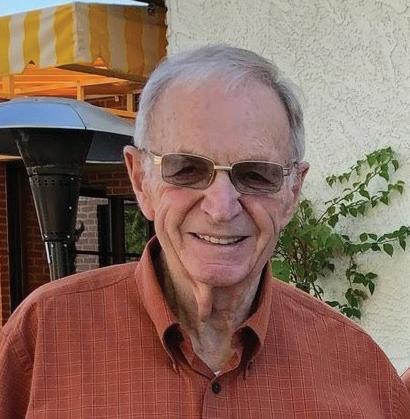
passed away during November 2023, he was 91 years old. Jerry was born and raised in Oklahoma City, Oklahoma.
Elliot Harrison Kalahikiola Betts became a bar mitzvah on Feb. 17, 2024, at Congregation Beth Israel. He is the son of Alison and Adrian Betts of Phoenix.
Elliot’s grandmother is Anita Hicks of Scottsdale.
For his mitzvah project, Elliot is working with Camp Swift to ensure that each camper receives a new set of sheets, pillow and comforter (and sometimes even a sleeping bag) when they arrive at camp that will be theirs to keep and take home.
A student at Cocopah Middle School, Elliot enjoys playing guitar, club soccer with Amore Soccer Club and playing video games with friends. JN
Jerry proudly served in the Korean War and in later years he and Phyllis volunteered at various hospitals and also for the Jewish War Veterans Post 619, where he was honored to serve as commander. Jerry was an avid reader, a lover of poker and a huge Phoenix Suns fan. Jerry is survived by his wife, Phyllis; daughters Amy Coles (Perry) and Mindy Lefkowitz (Todd). He was a loving Papa to Chelsea (Raphael), Jordana (Chase), Alan, Joshua (Catherine), Erik, Allie (Alex) and Andrew (Katie). He was Big Papa to his great grandchildren Nash, Ivy, Navy, Rhen and Alexander.
On Nov. 28, 2023, he was honored with a heartfelt service at the gravesite with Rabbi Levi Levertov at the Valley of the Sun Mortuary and Cemetery in Chandler.
Donations are appreciated to either Jewish War Veterans Post 619 or Smile on Seniors.
Jerry earned several college scholarship offers and attended the University of California, Berkeley, where he met his wife, Joanne. After graduation, Jerry joined the Navy, where he retired as a lieutenant. Jerry worked in sales most of his life and earned many awards for his sales achievements throughout his career.
He was a charitable man with his time and money, donating to several organizations throughout his life. Jerry also volunteered as a Navigator for over ten years at Phoenix Sky Harbor International Airport.
Jerry loved to play bridge, tennis and hiked most of his life. Jeff and Nicolas were by his side after Joanne passed away during 2018, helping Jerry maintain a positive life after her death. He is greatly missed.
Are you a small business owner (less than 99 employees and local to Arizona), franchise owner or entrepreneur?
Are your clients telling you, “You’re the best!” Then have them tell us!
We are looking to profile small businesses in our “Best of” magazine, so have your clients send an email to editor@jewishaz.com about why they think our readers should know more about your business.

Deadline for submissions is March 29
